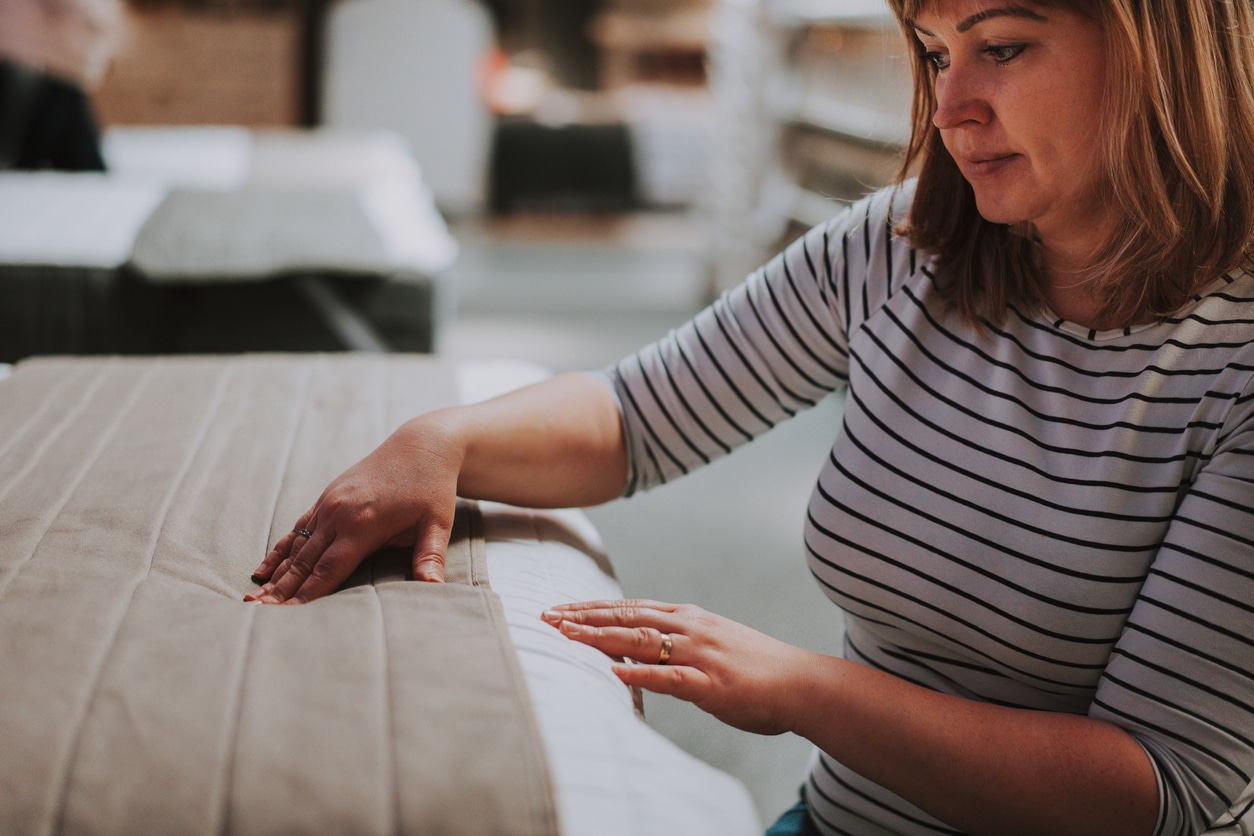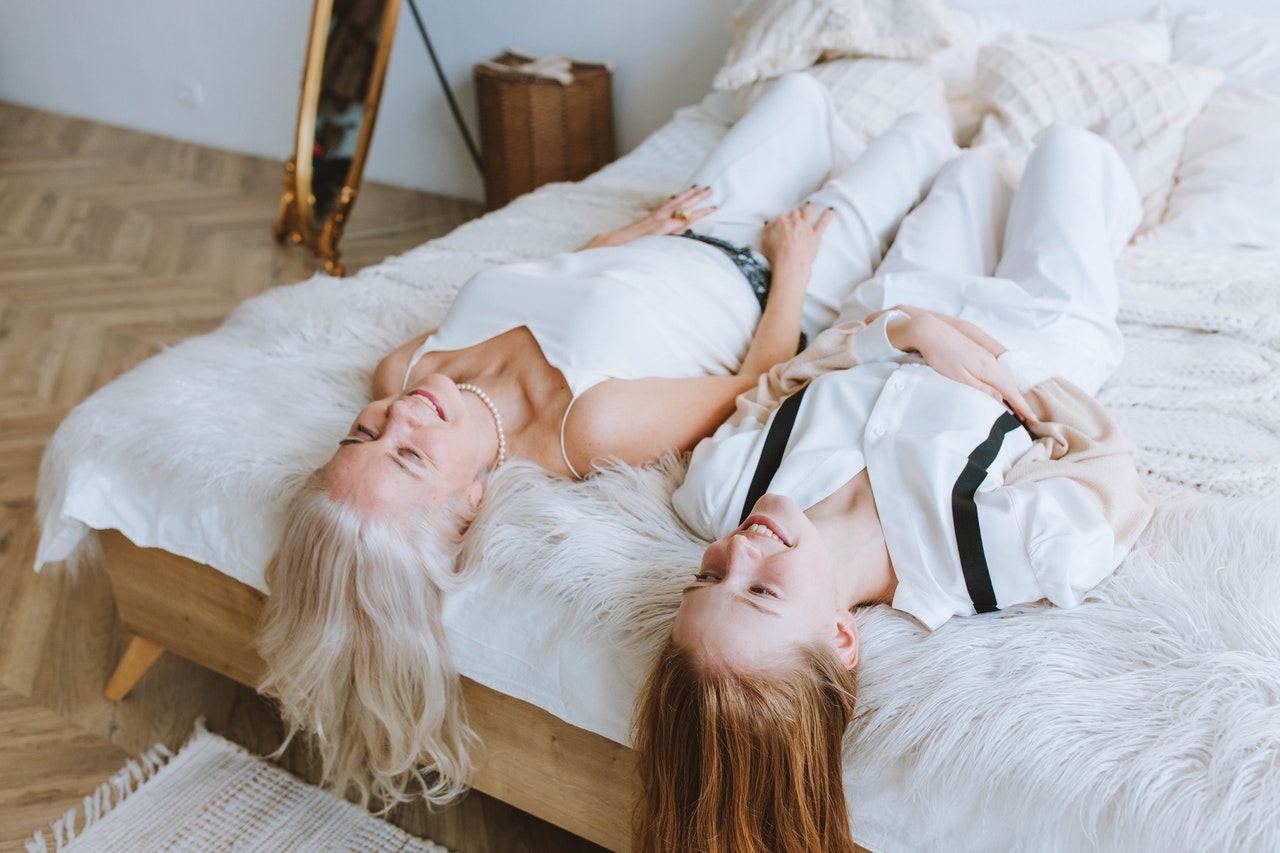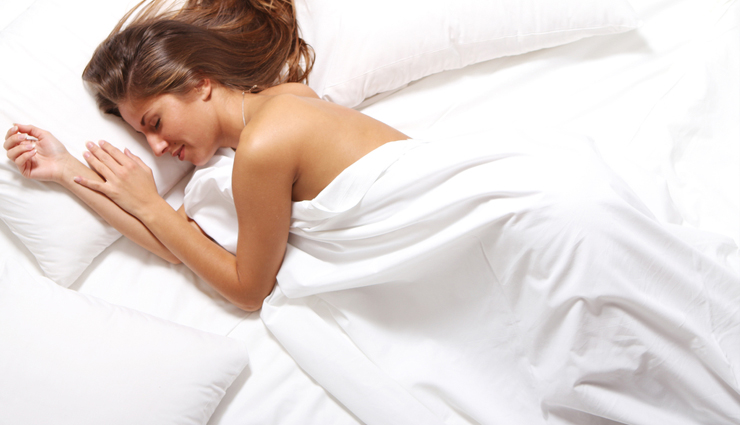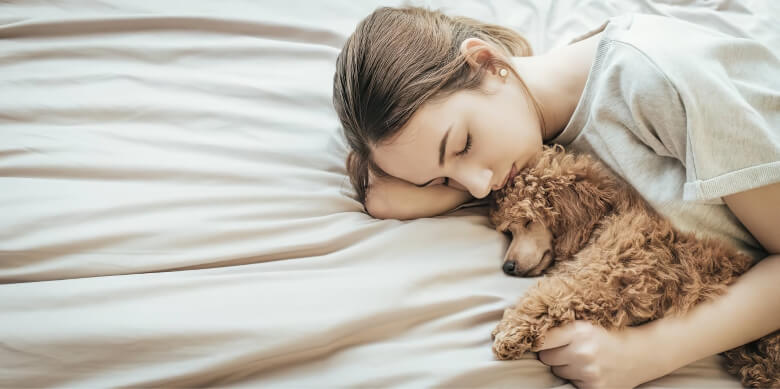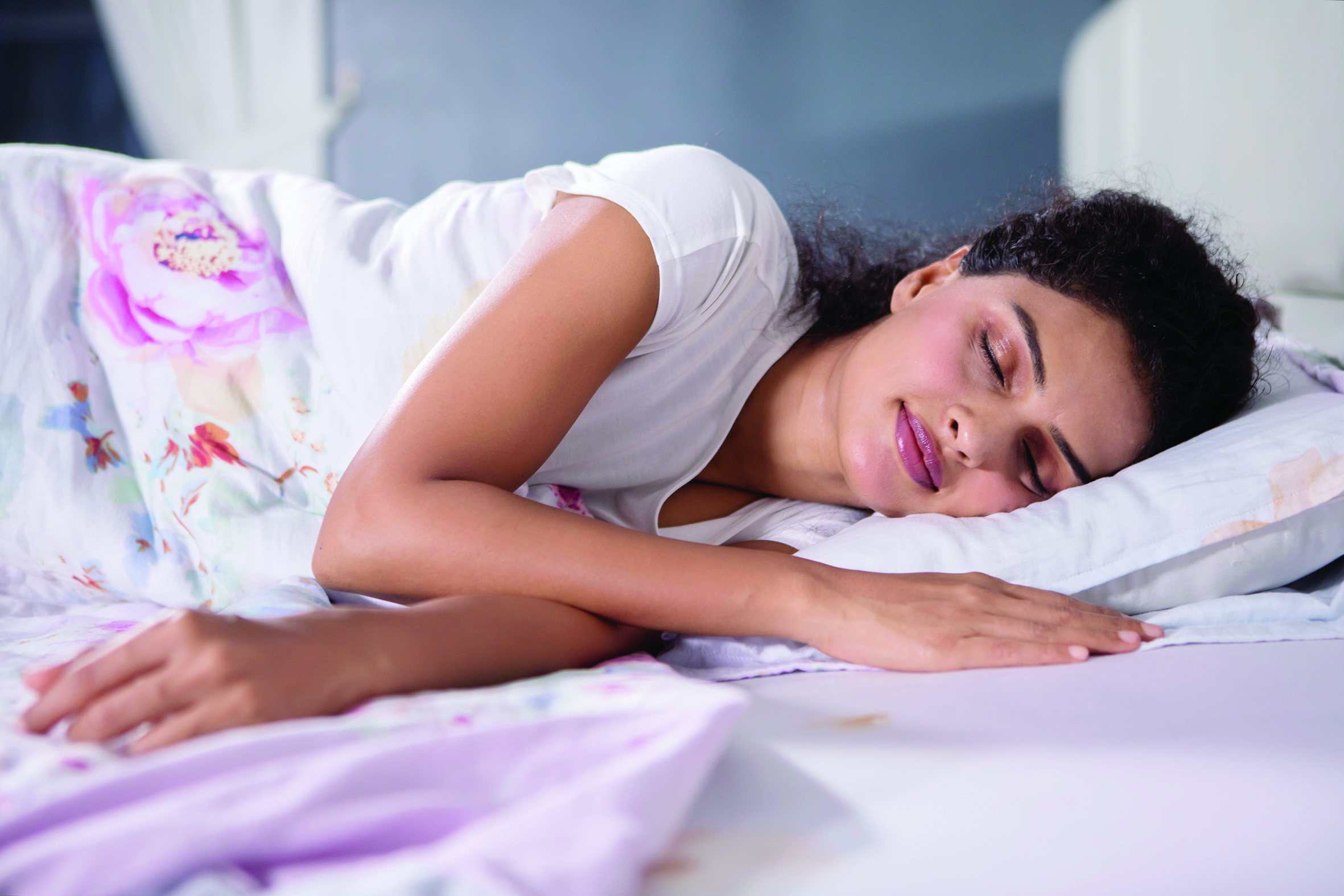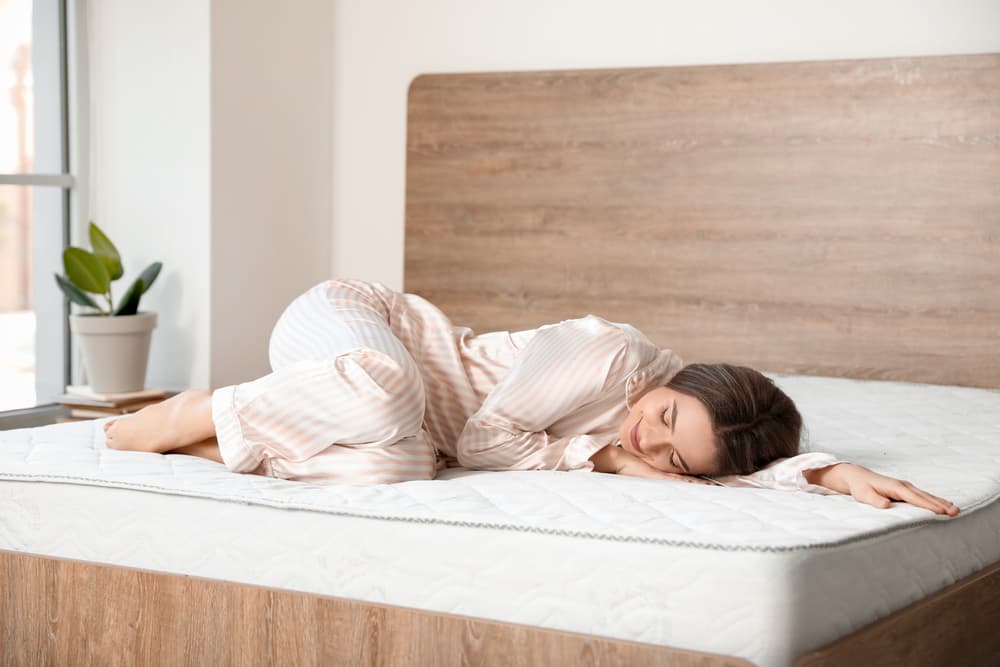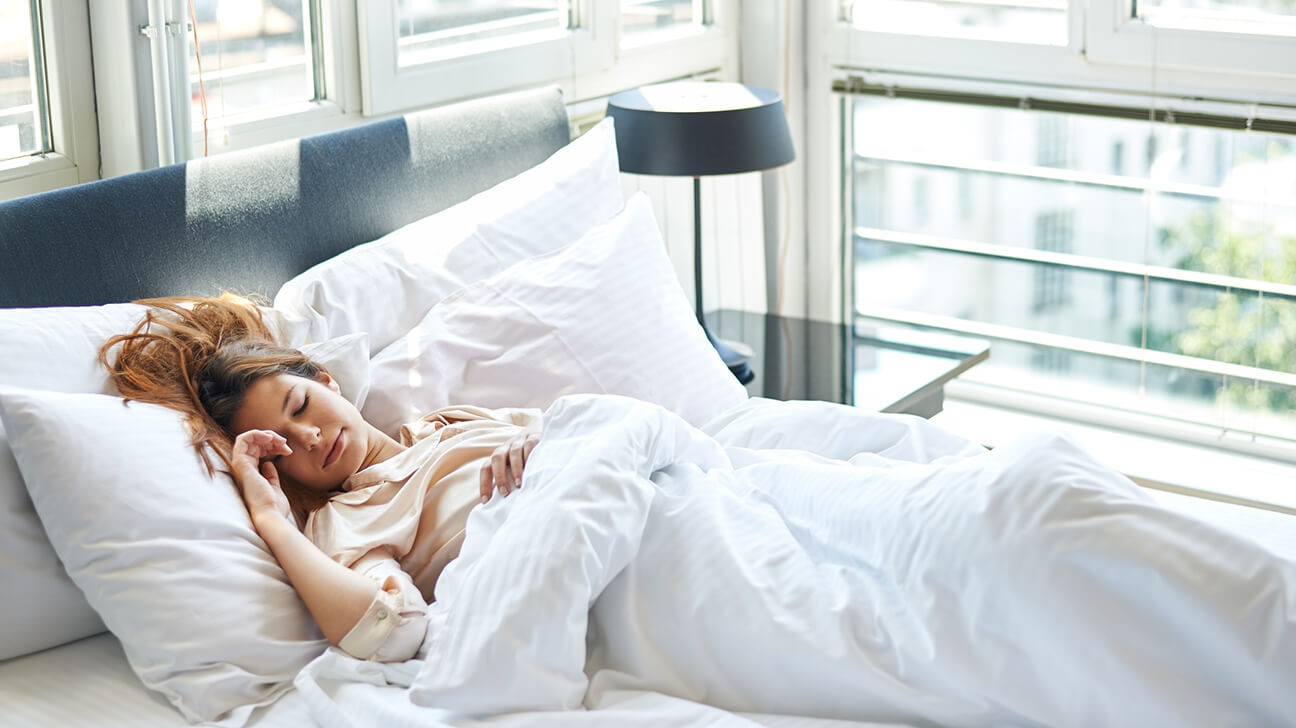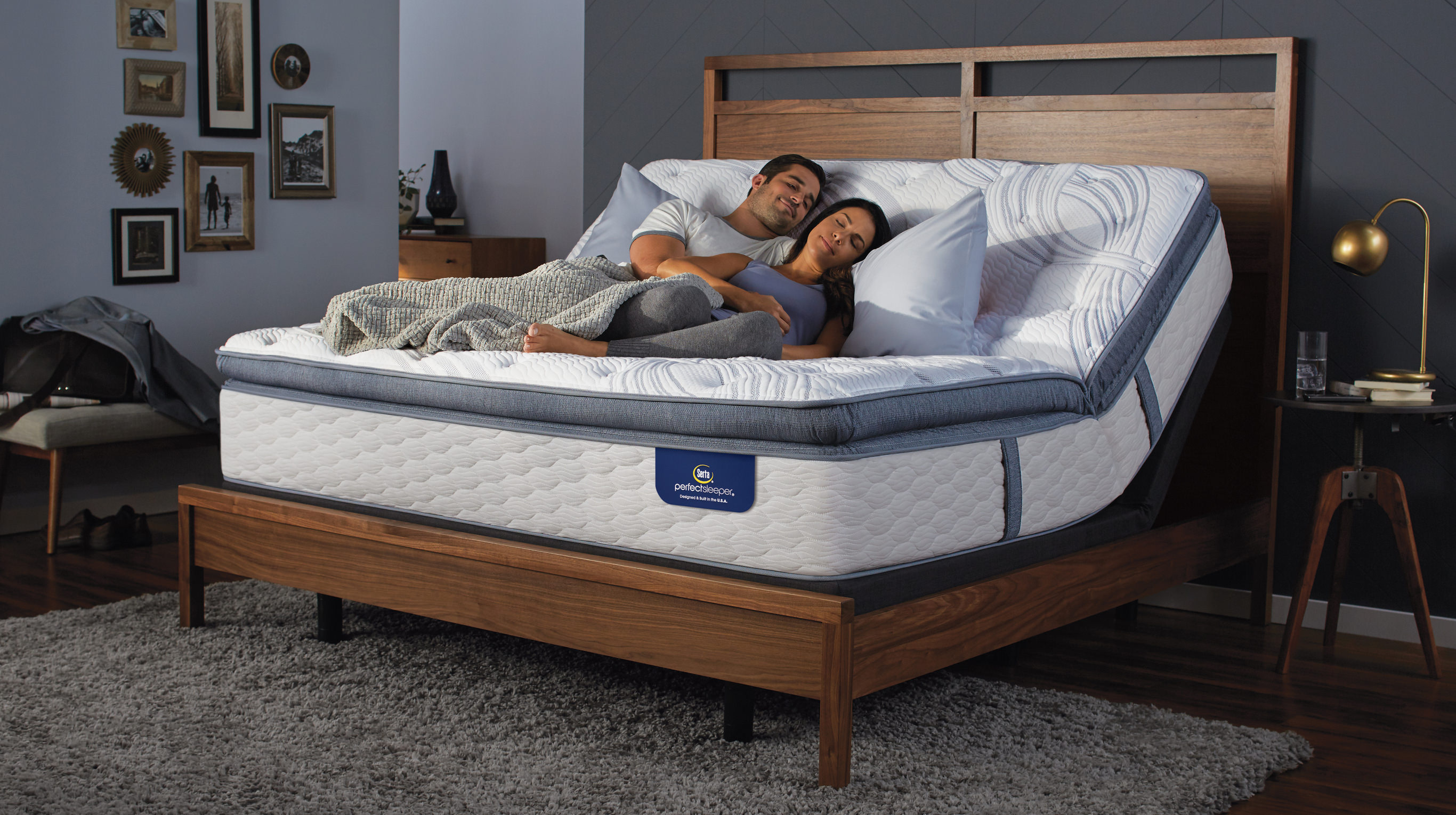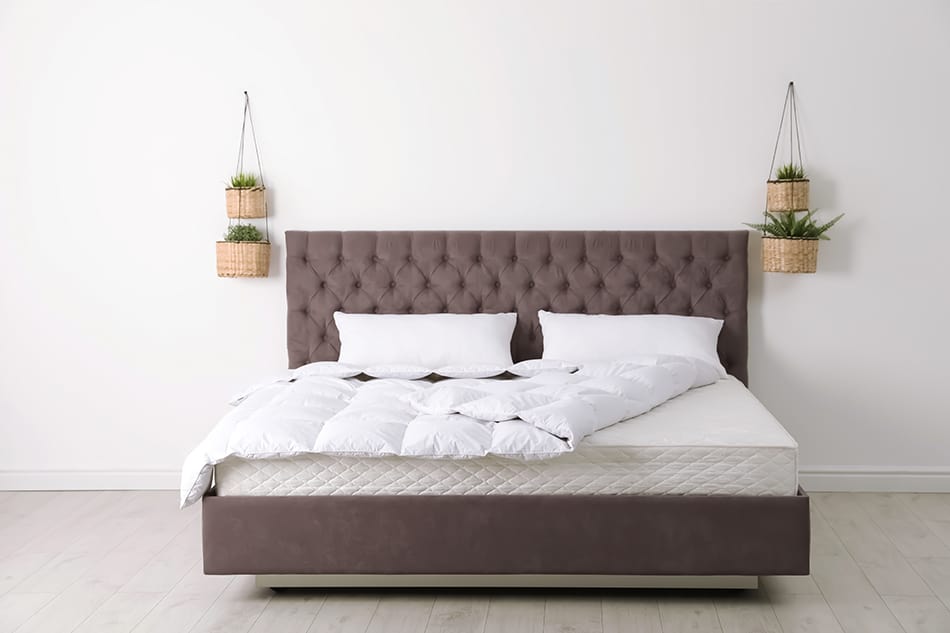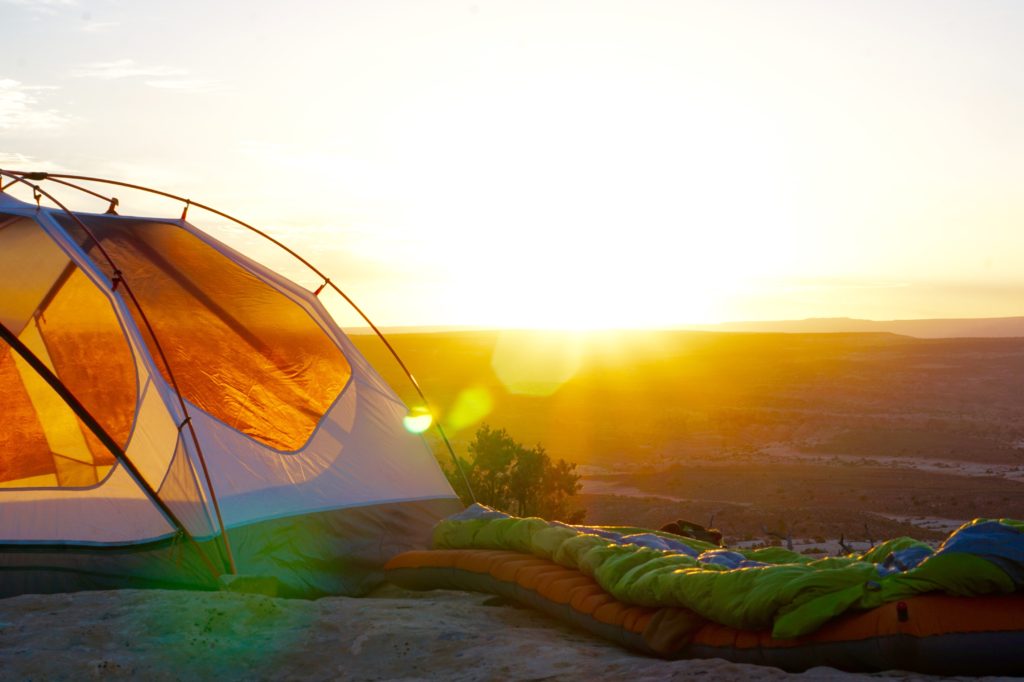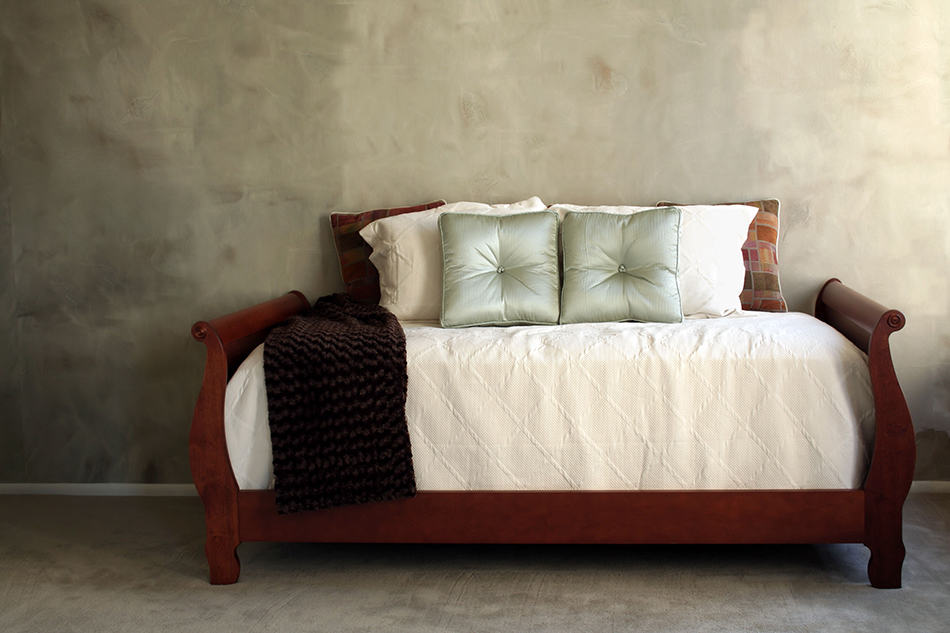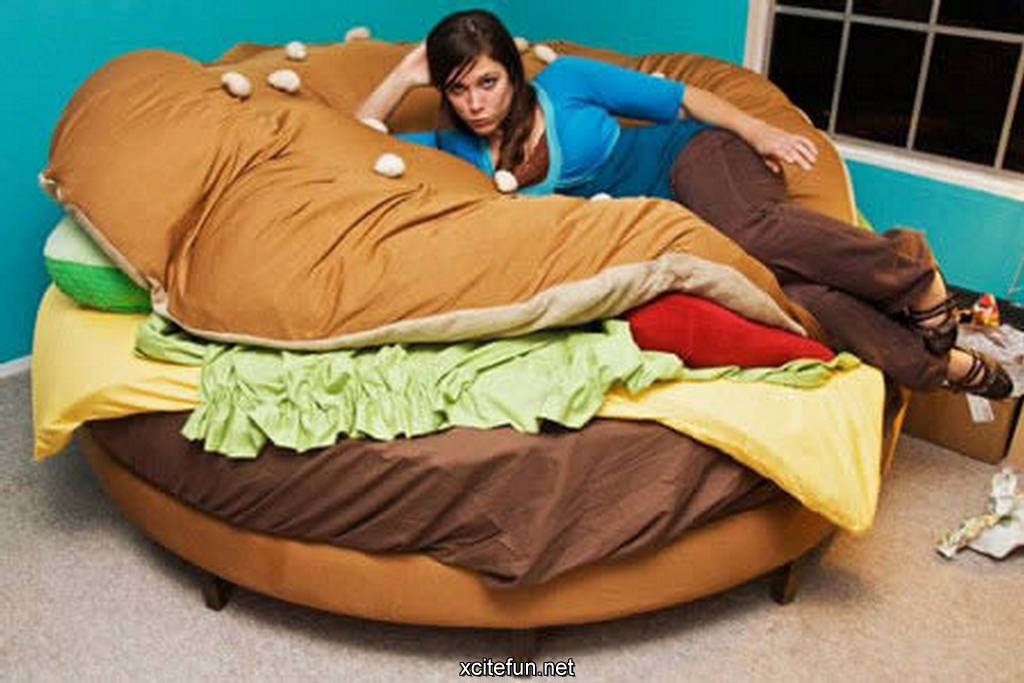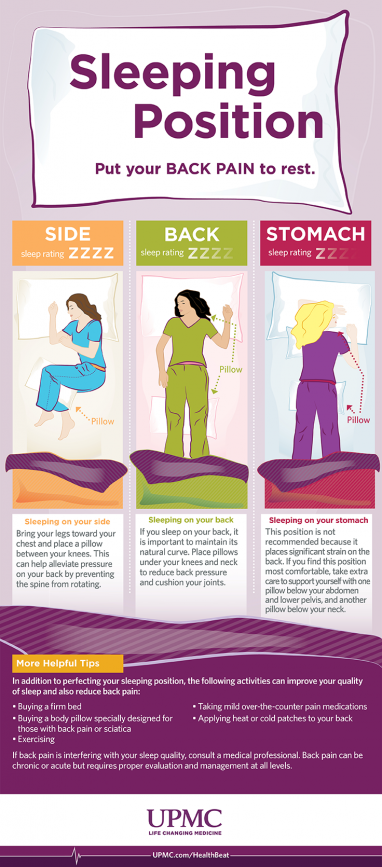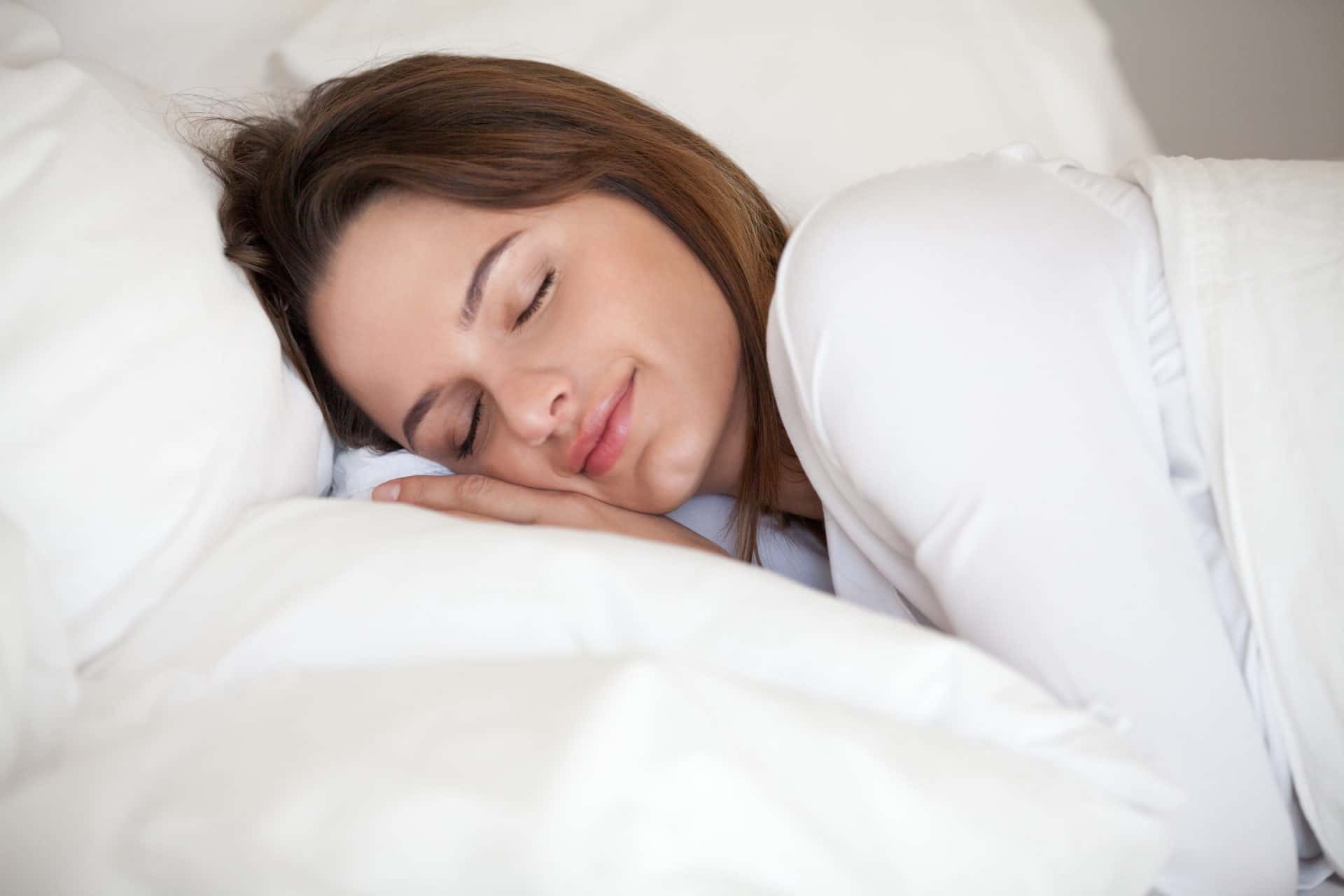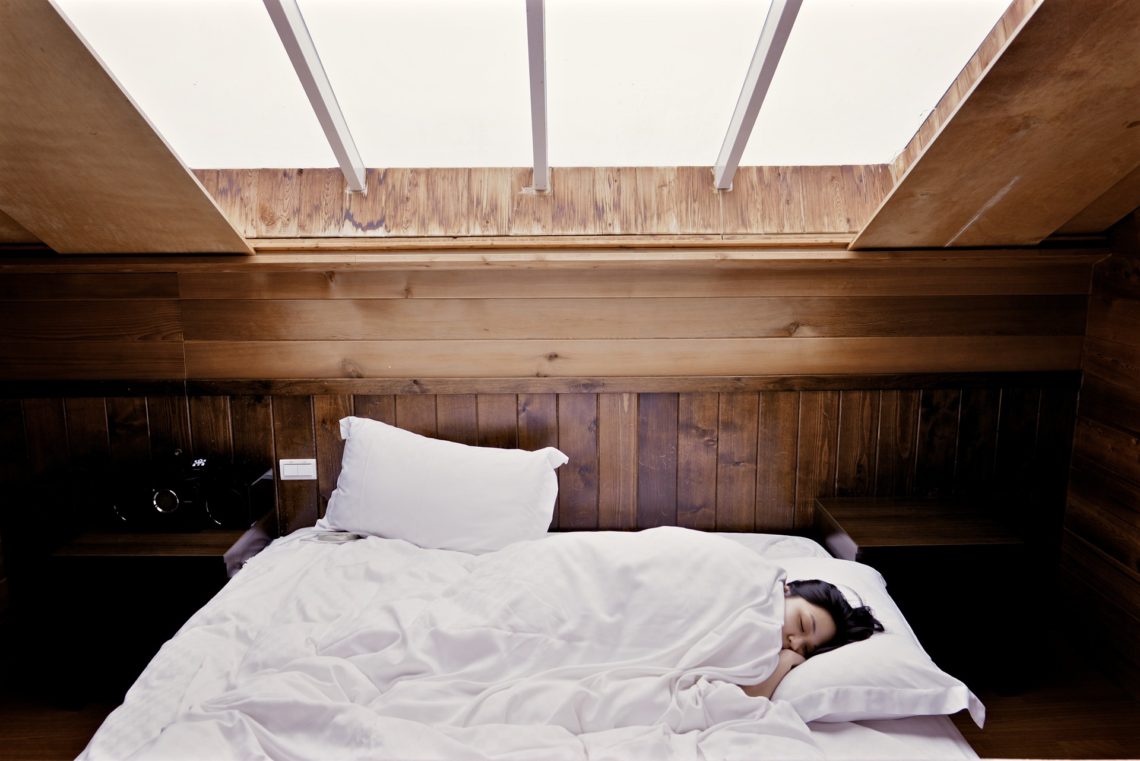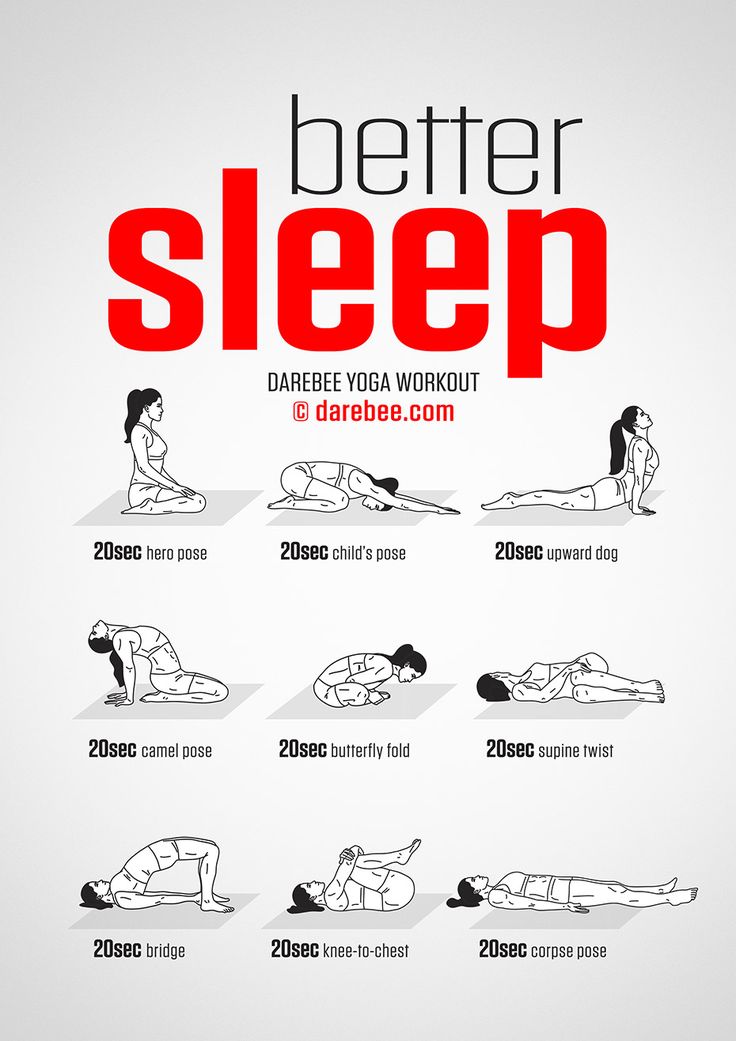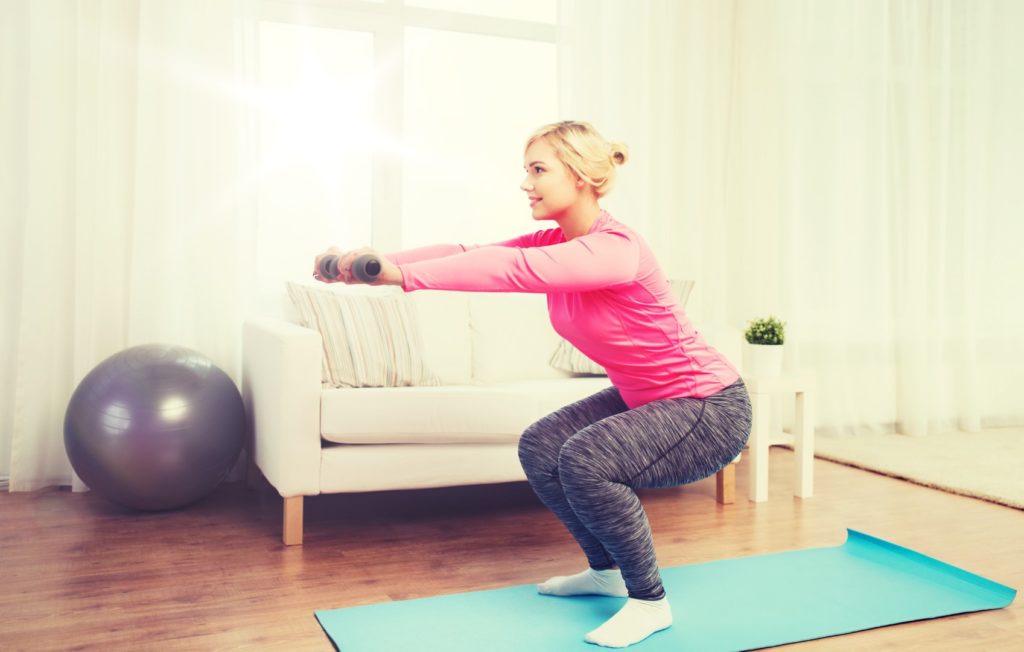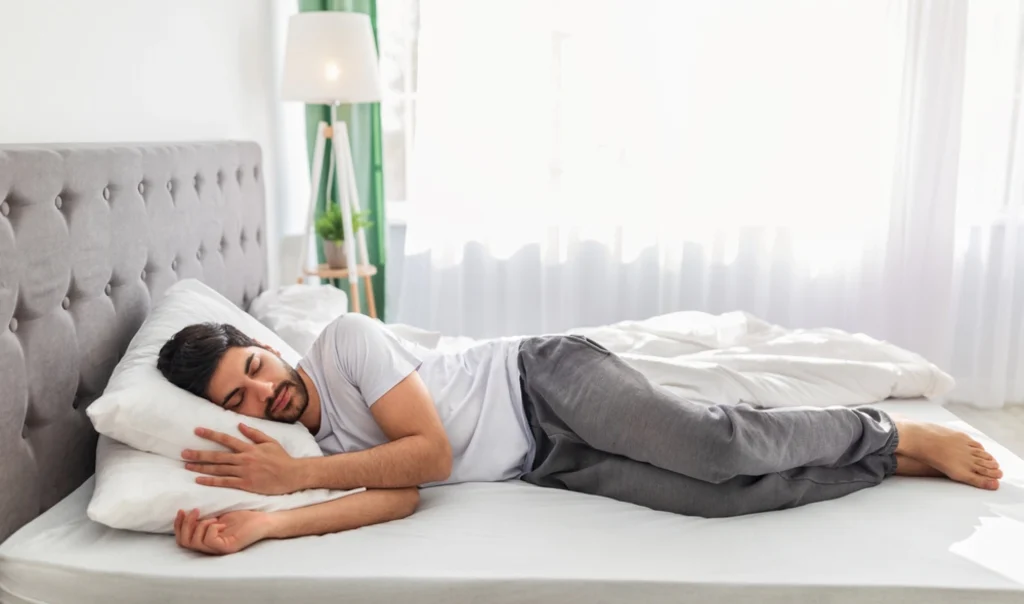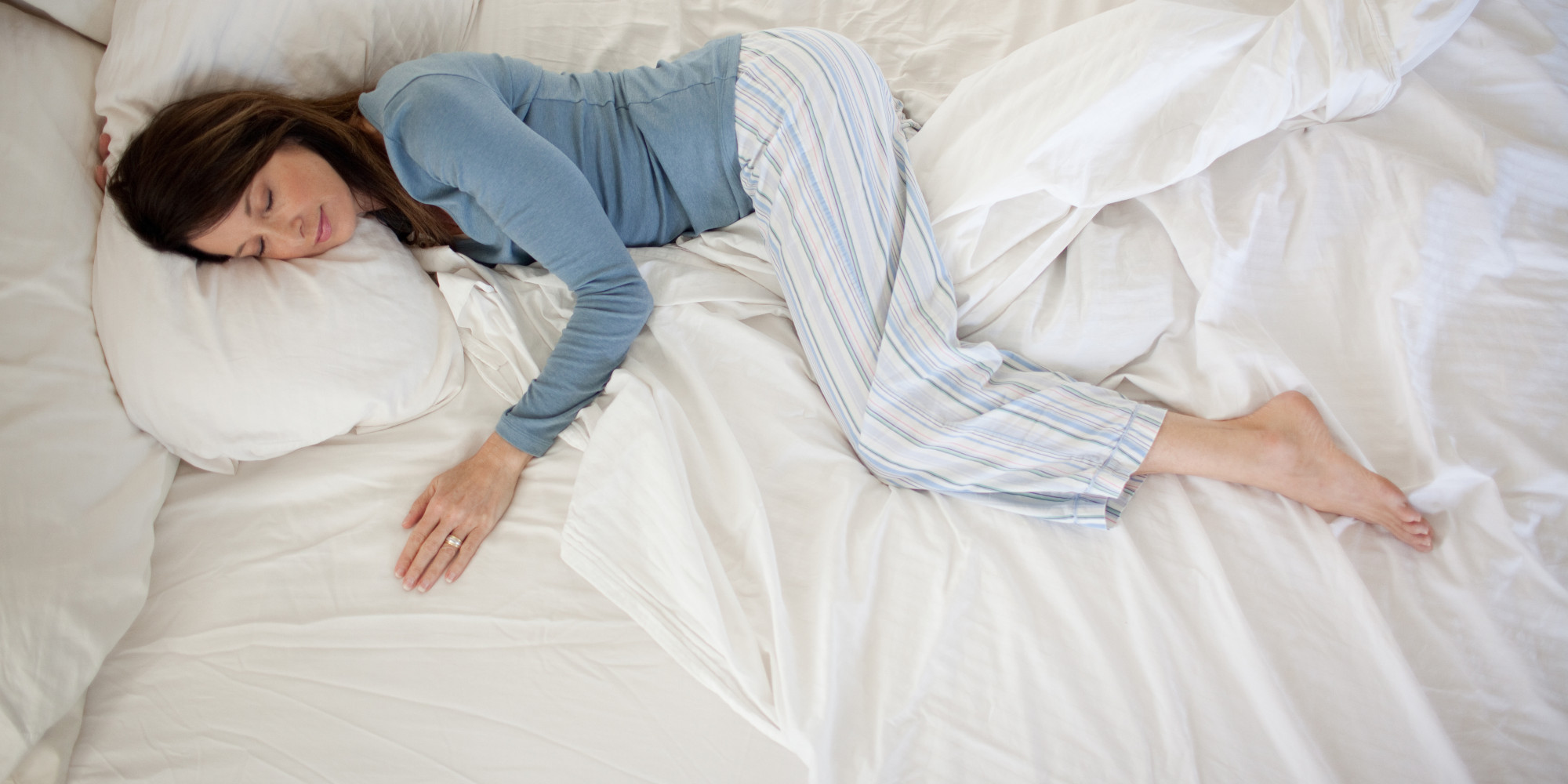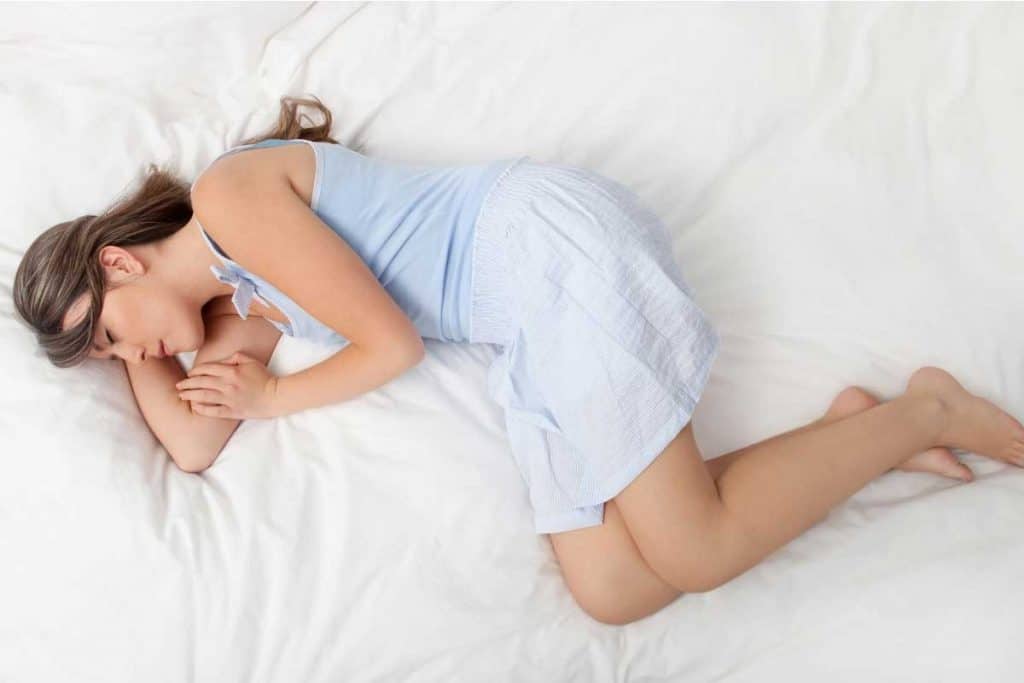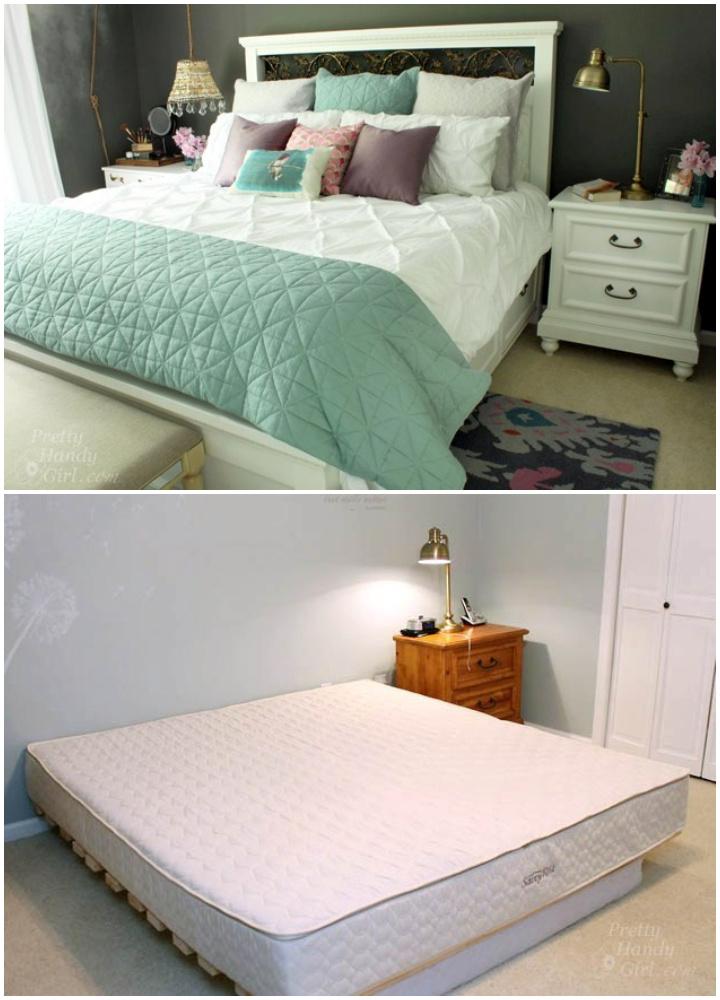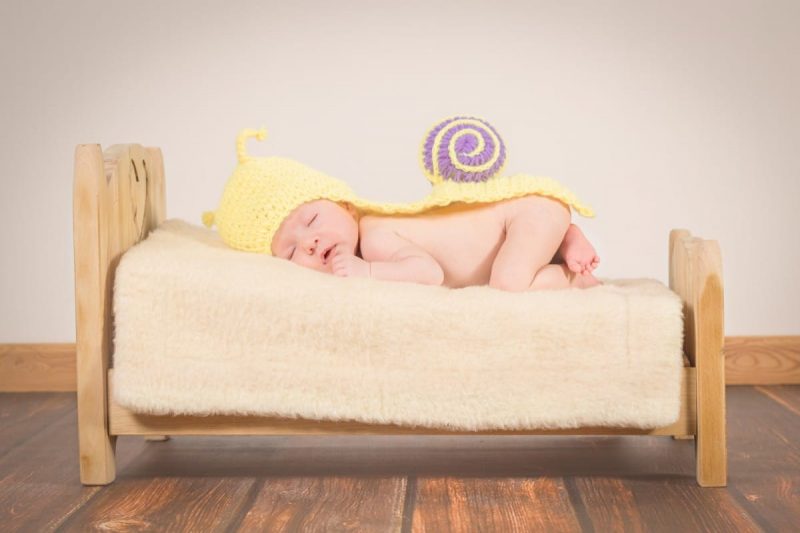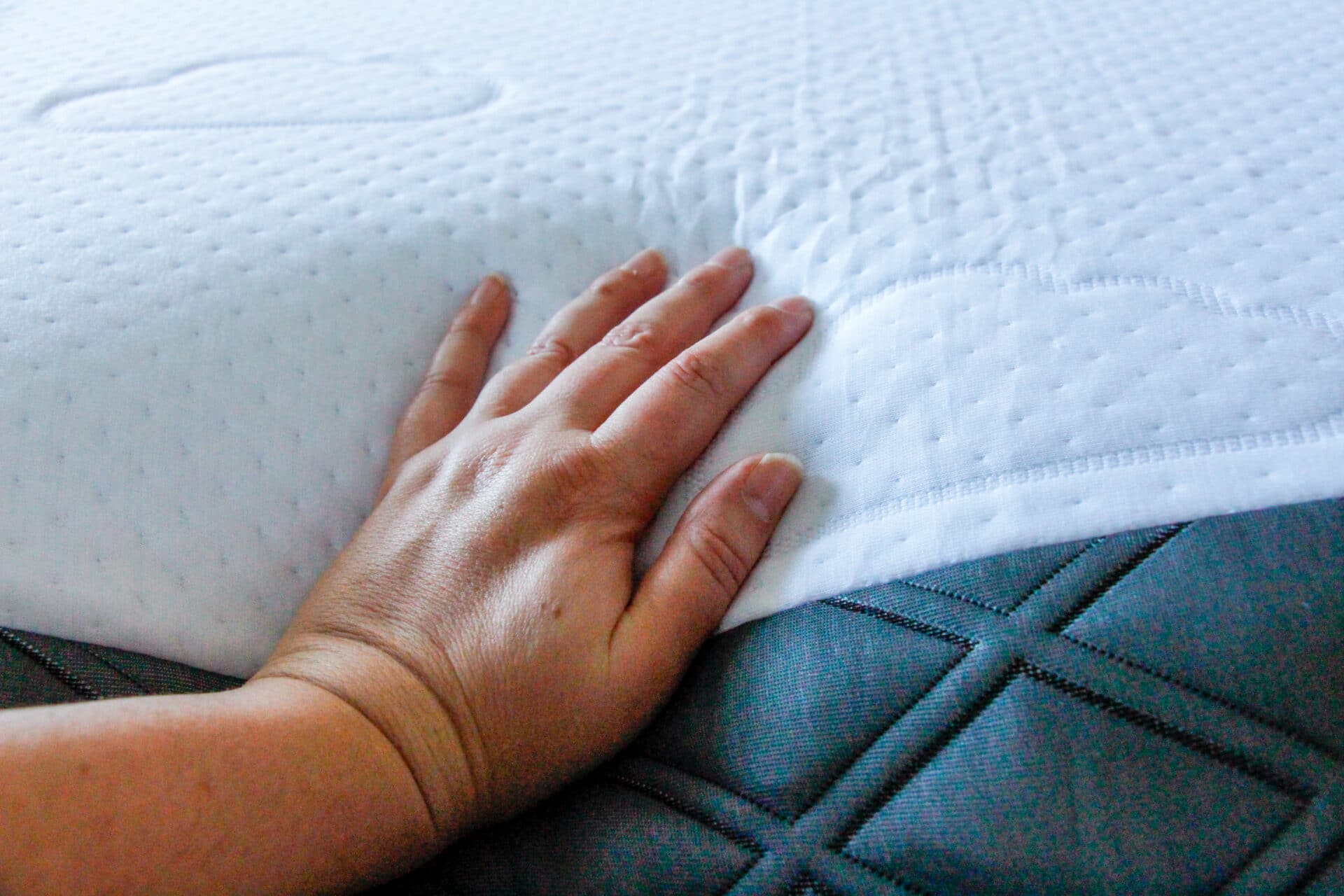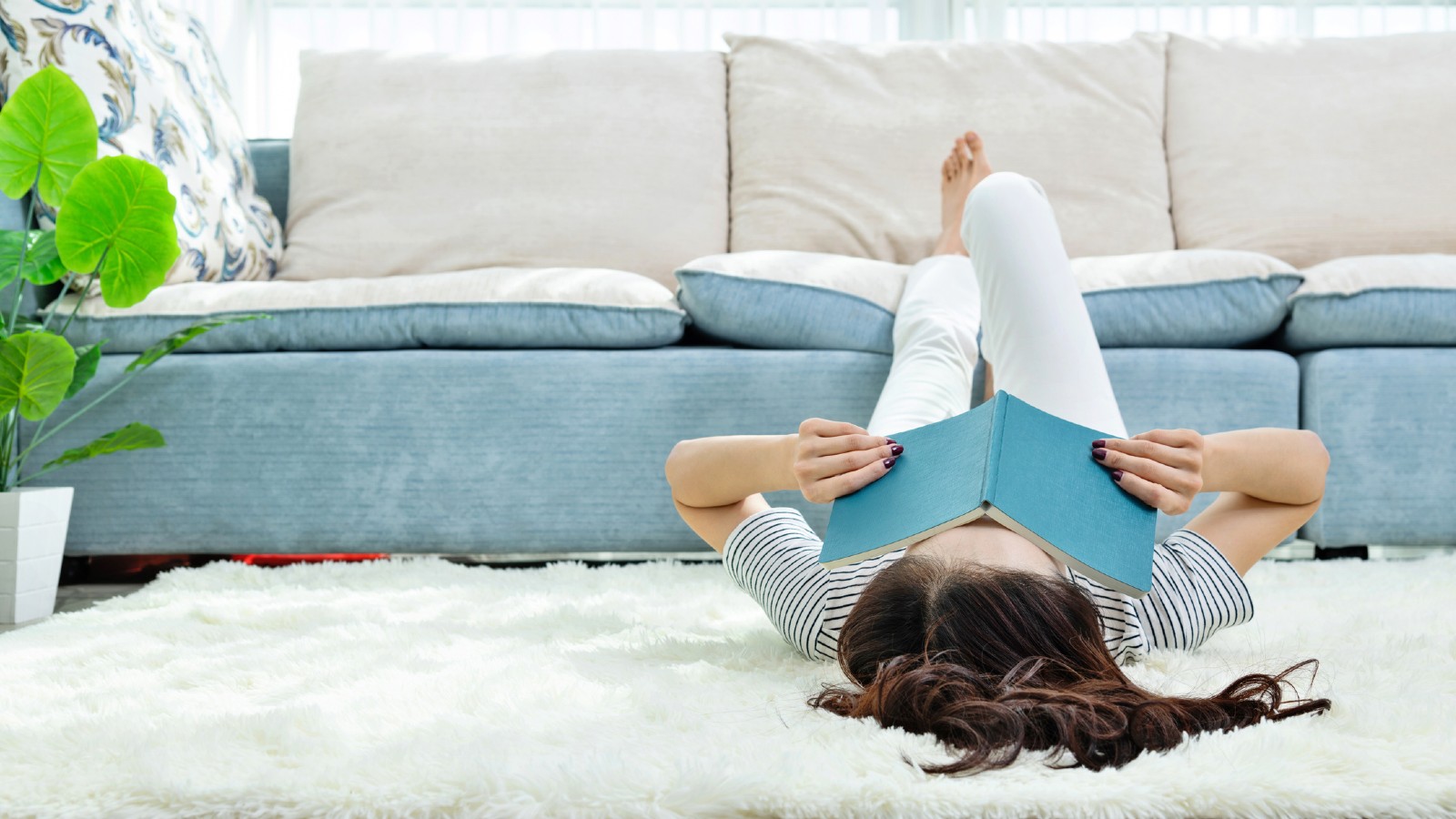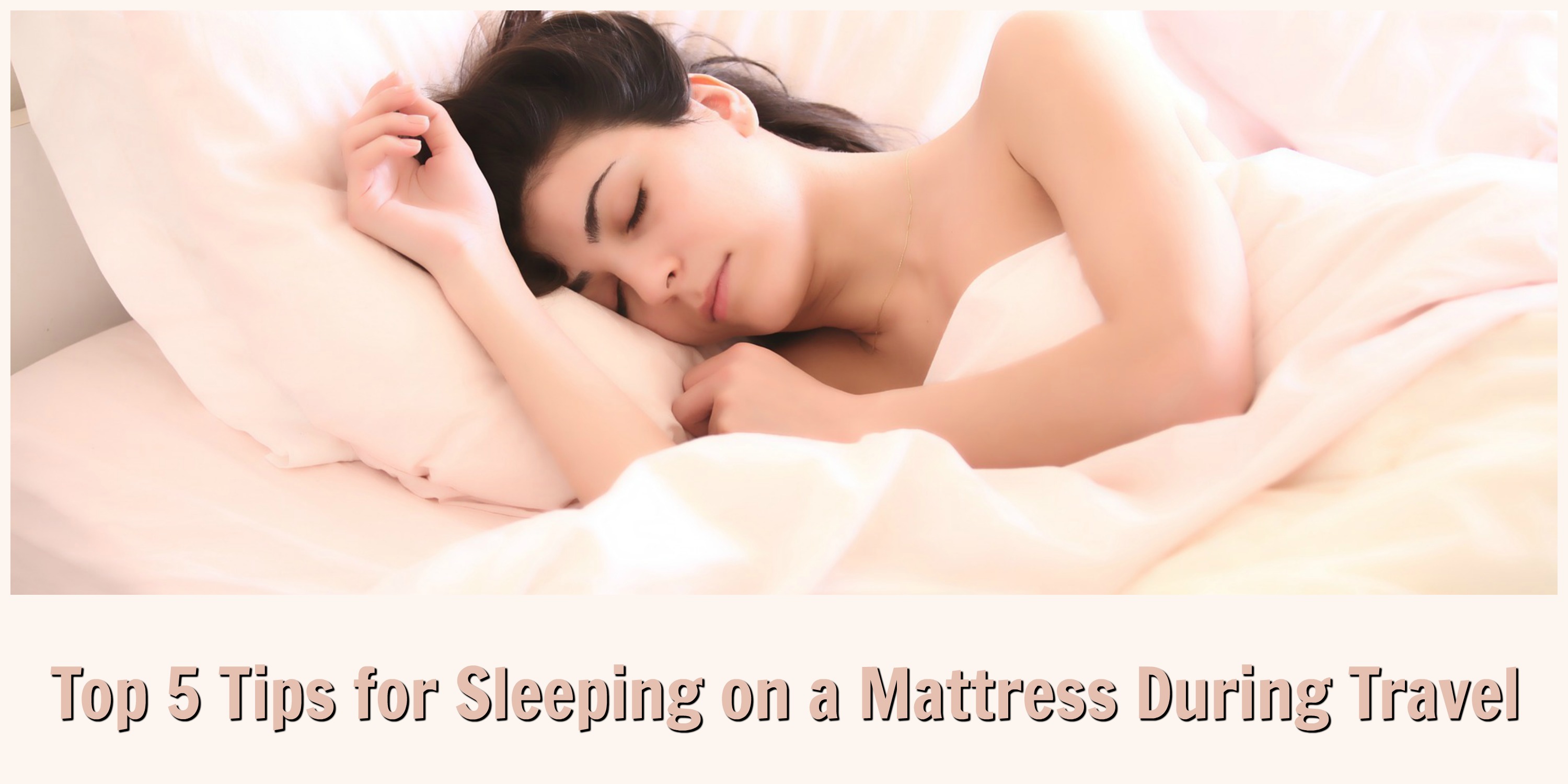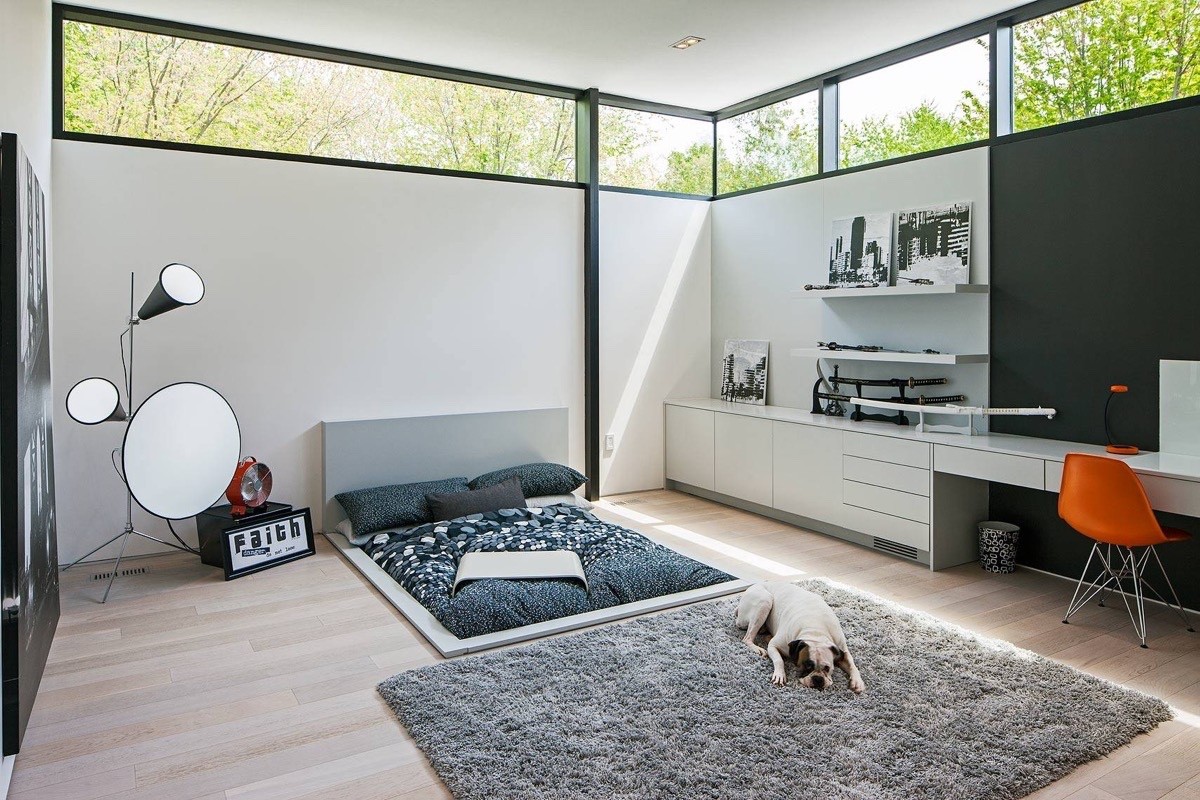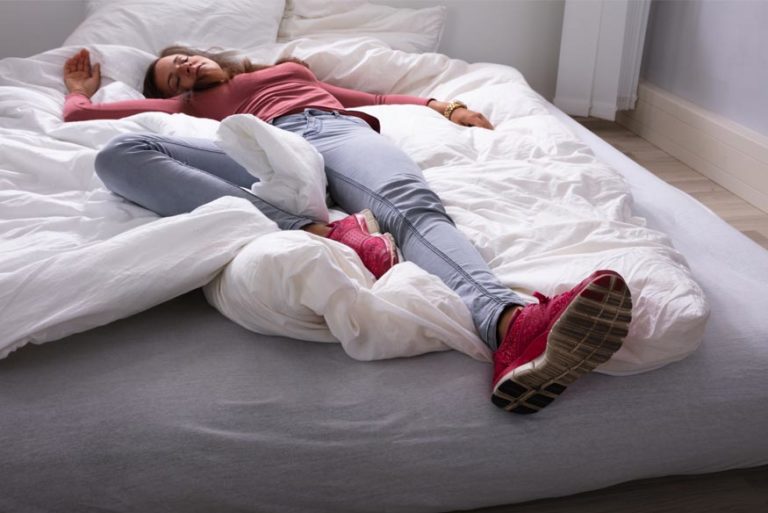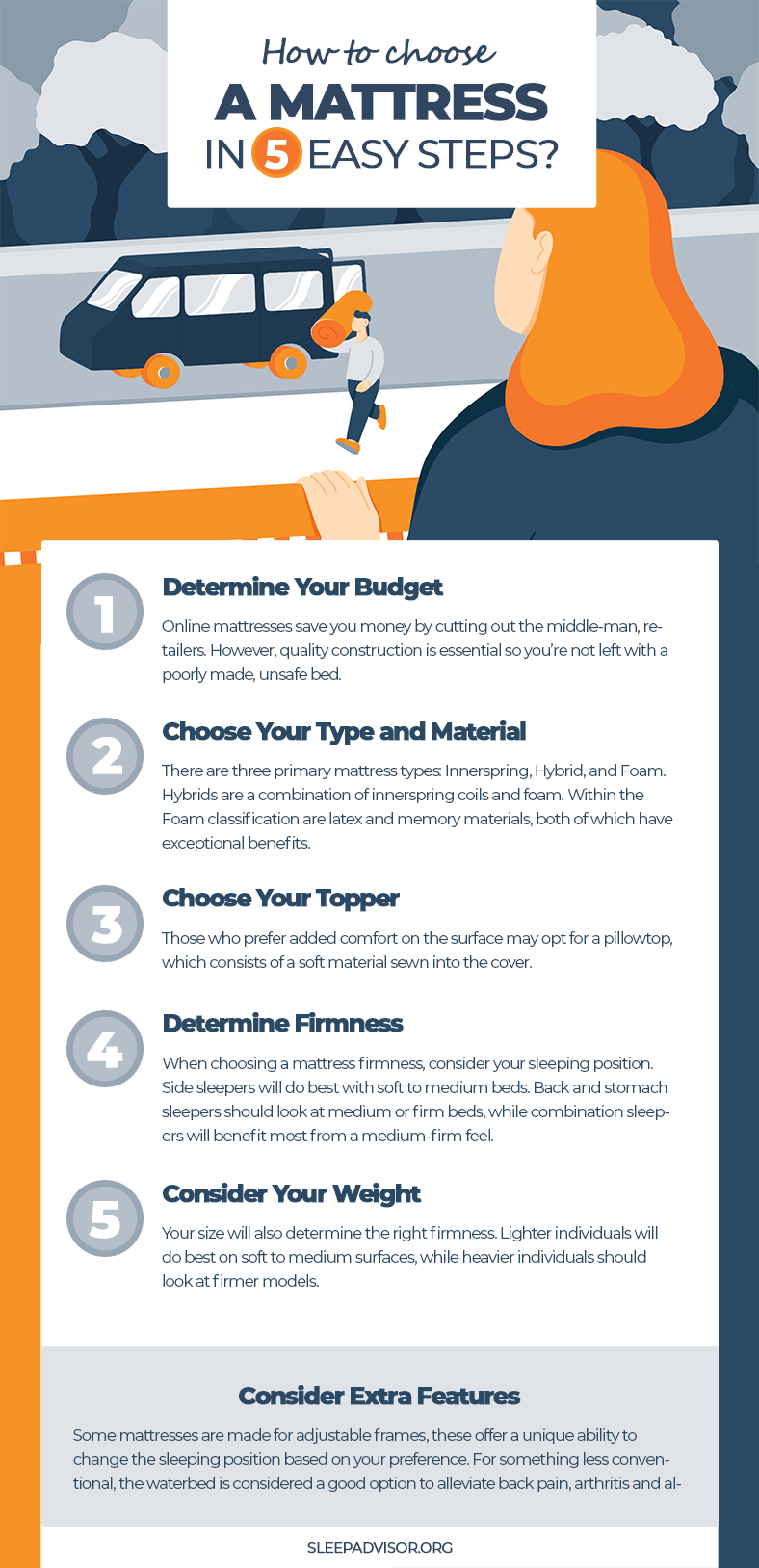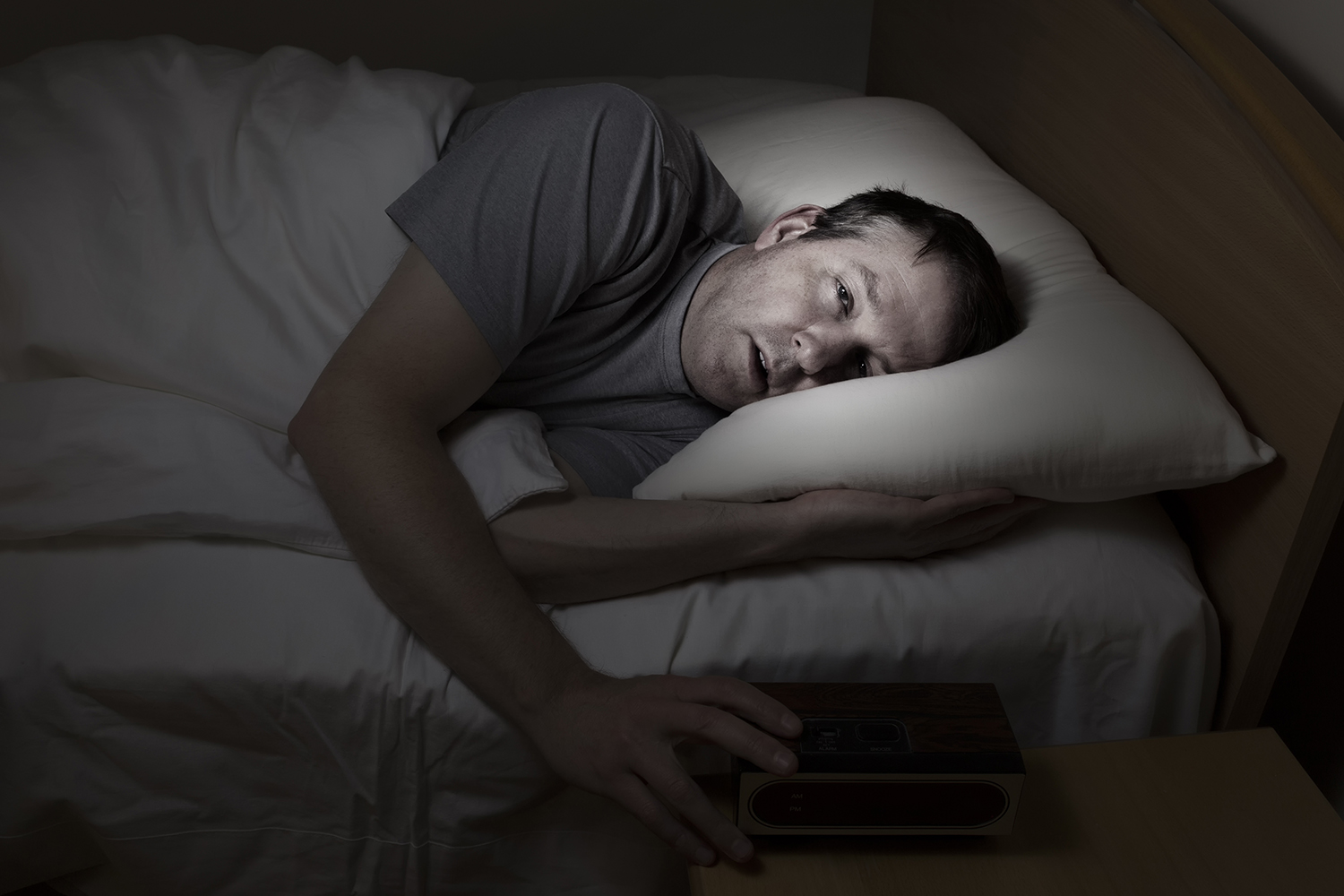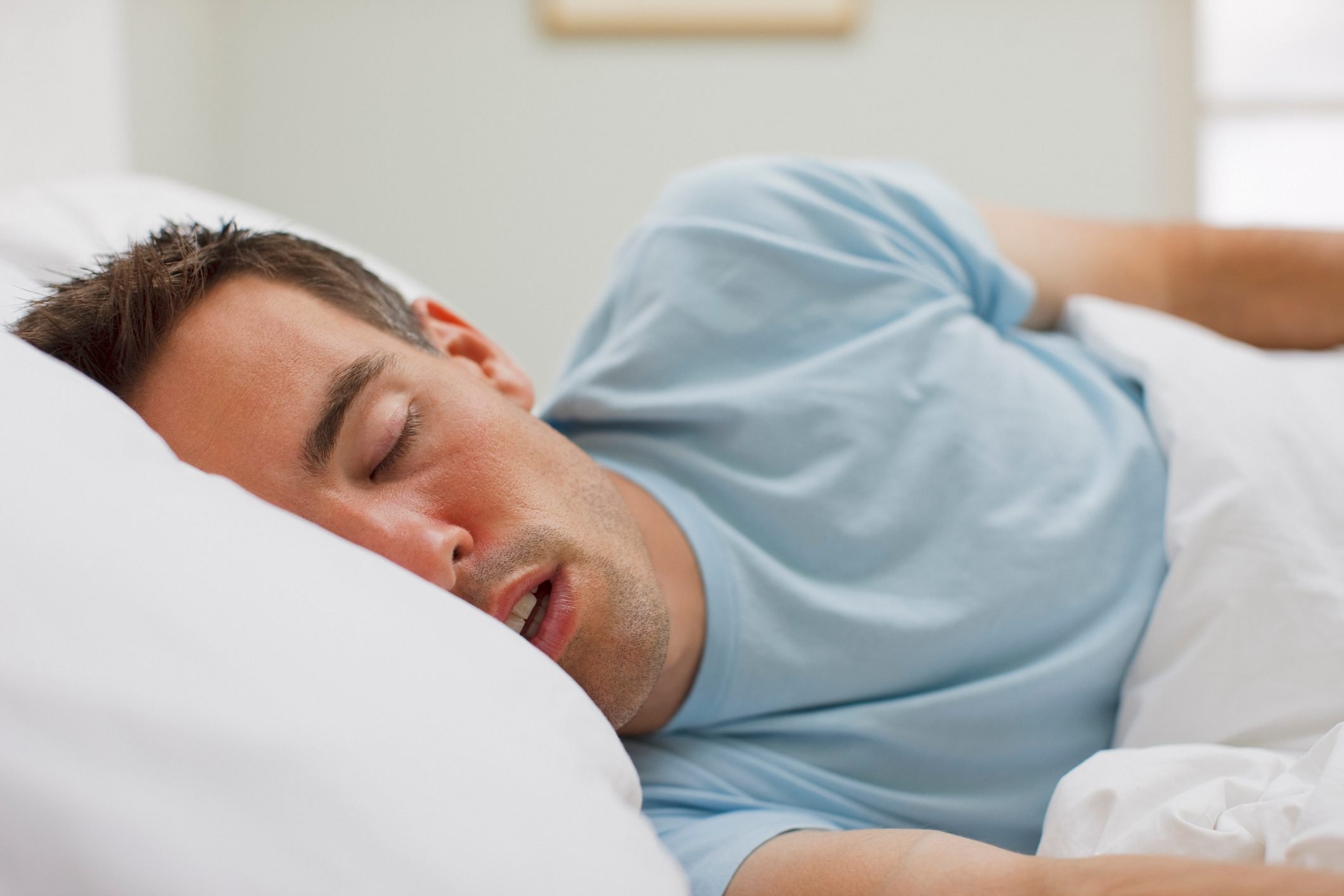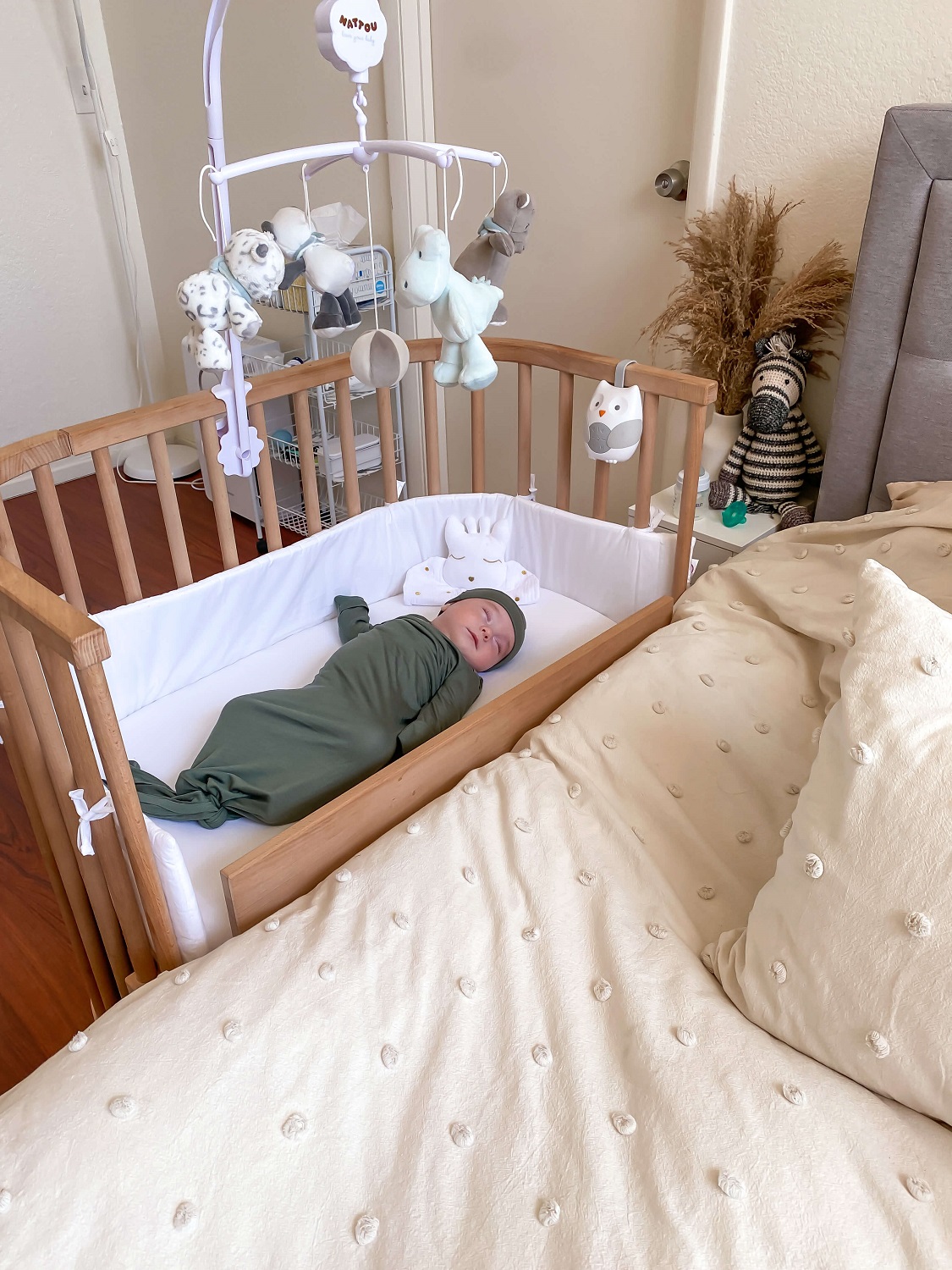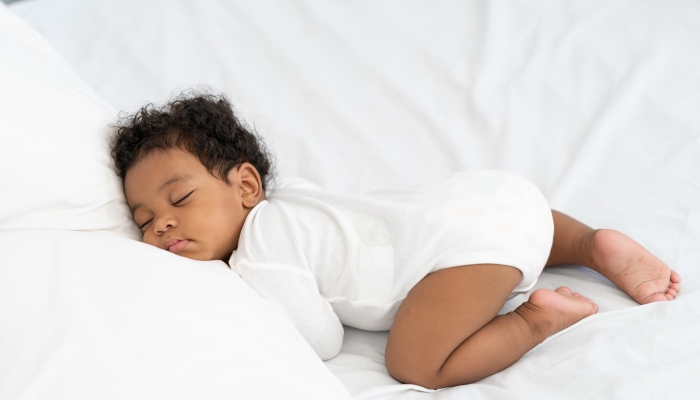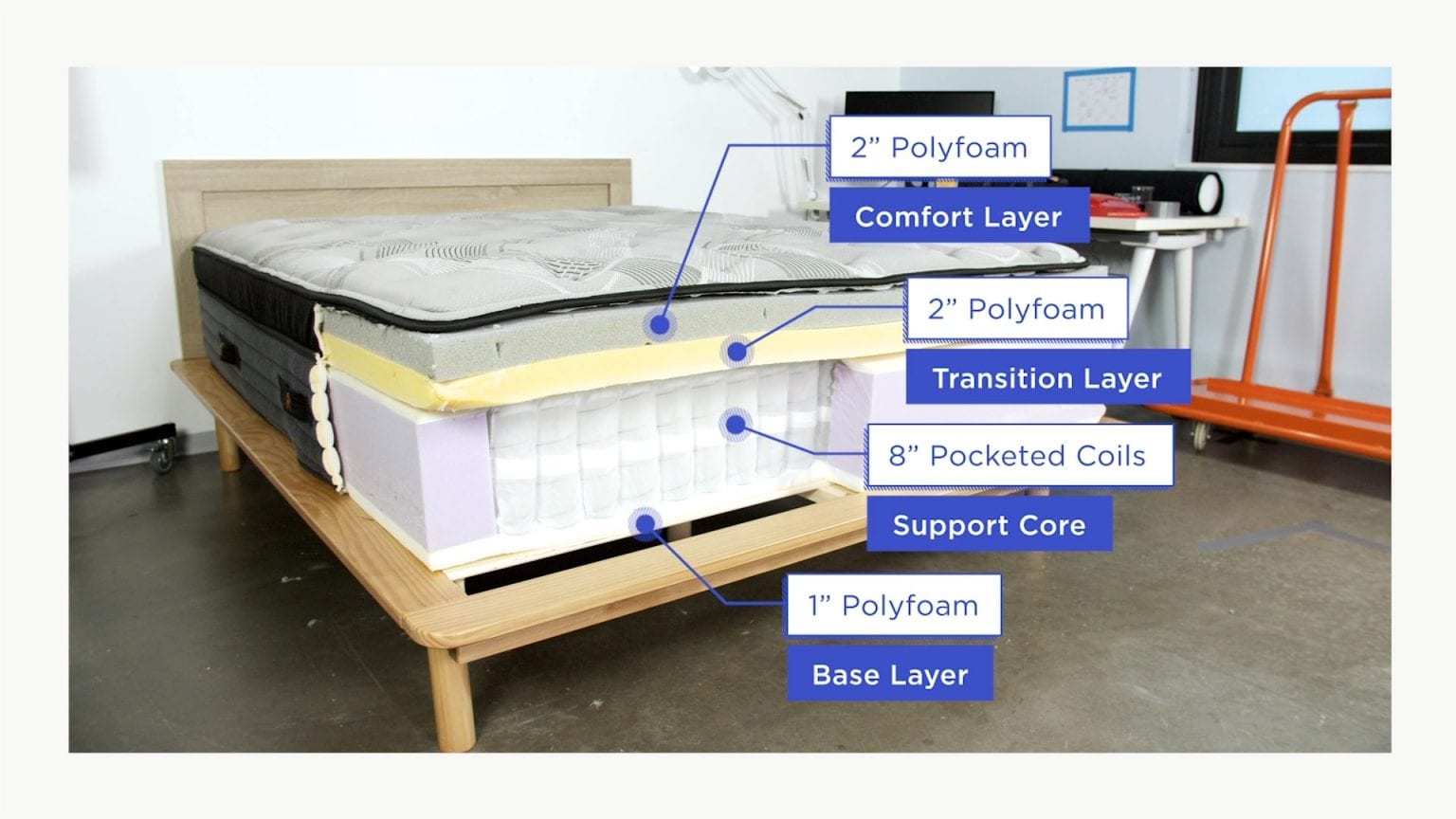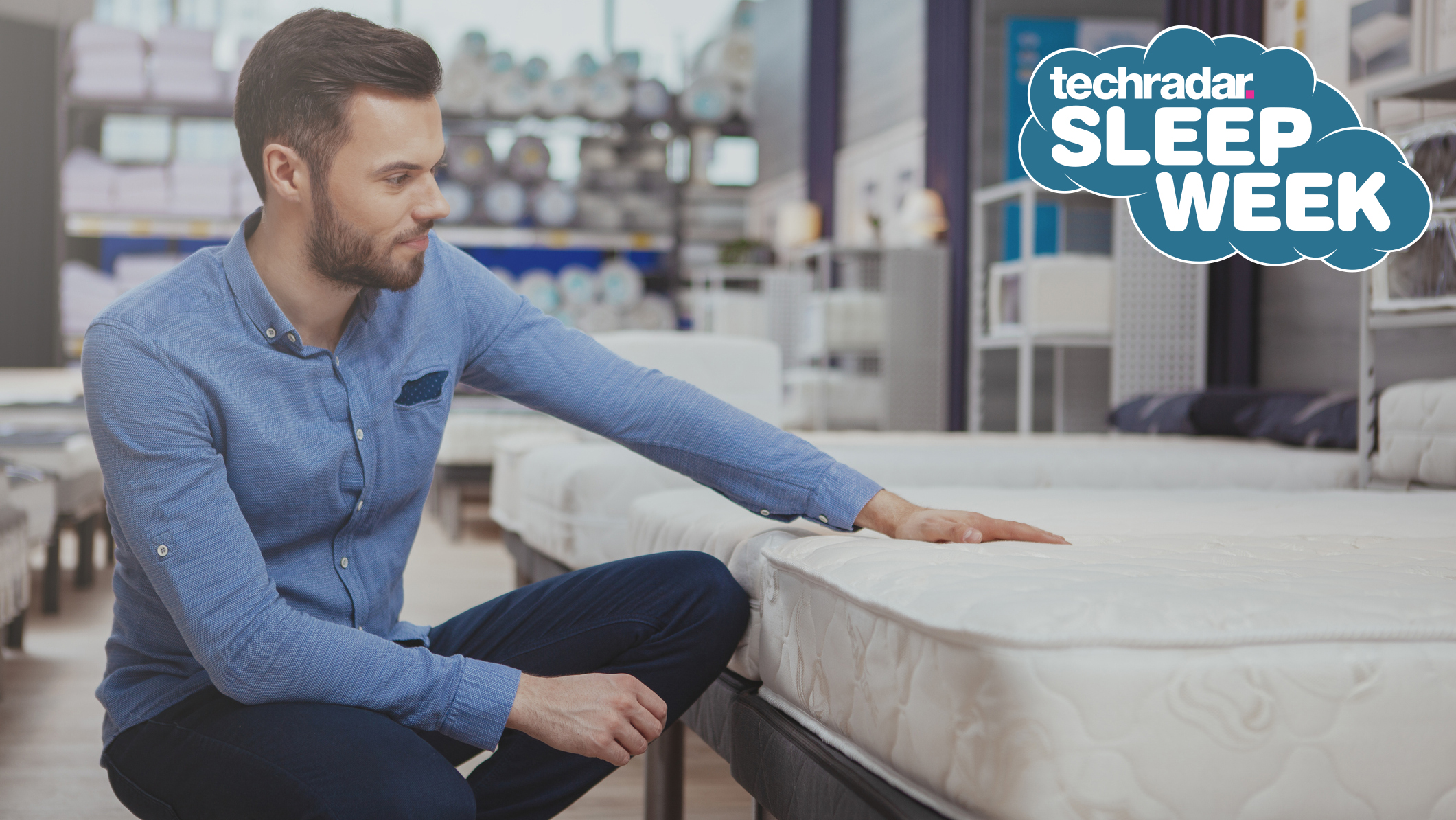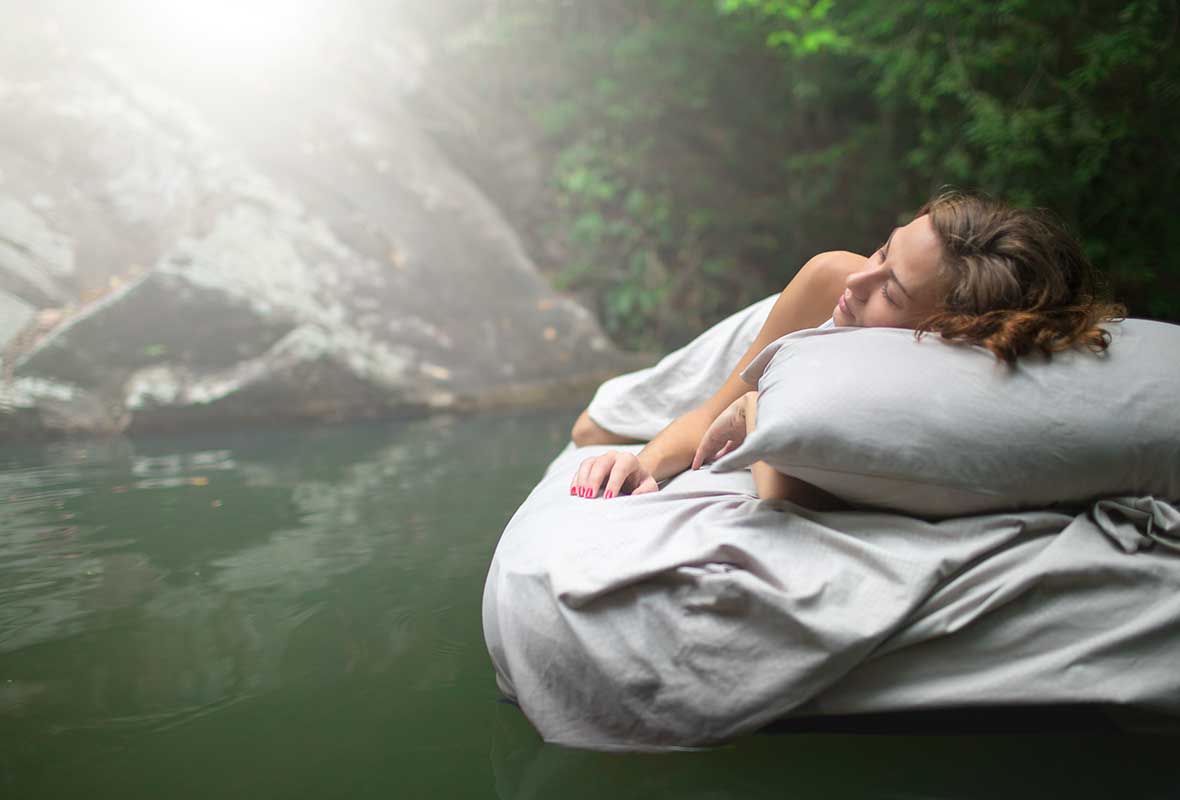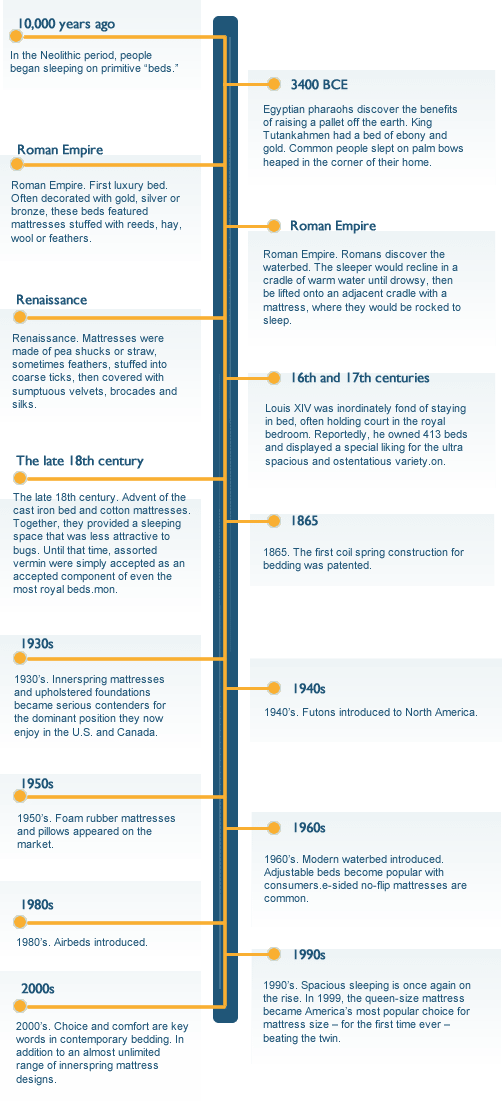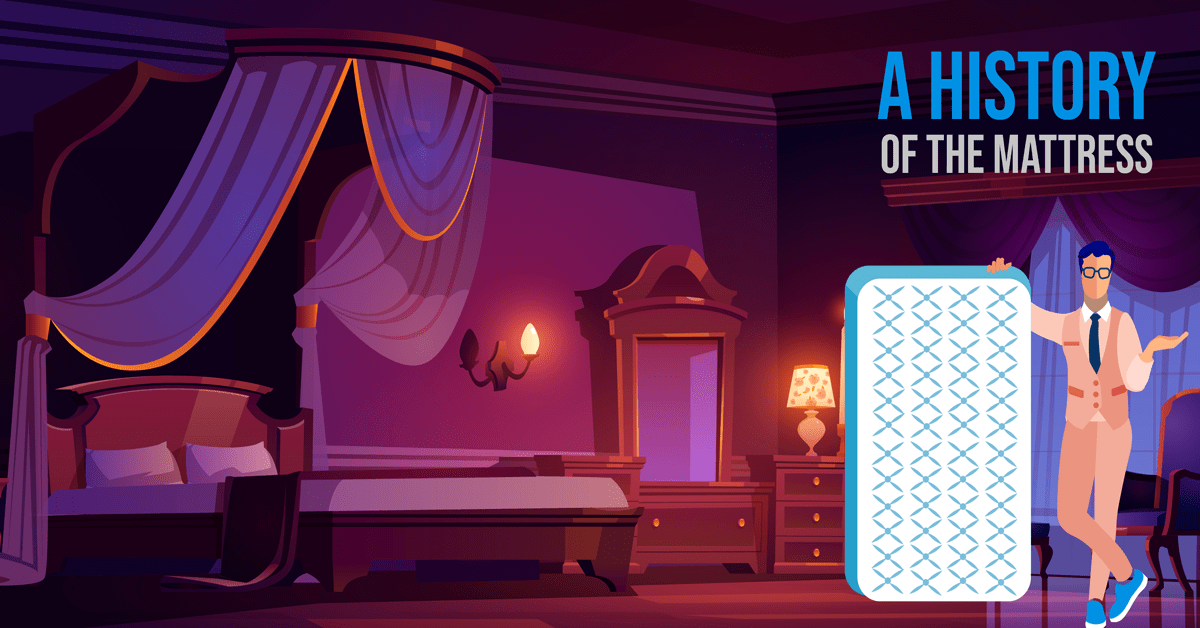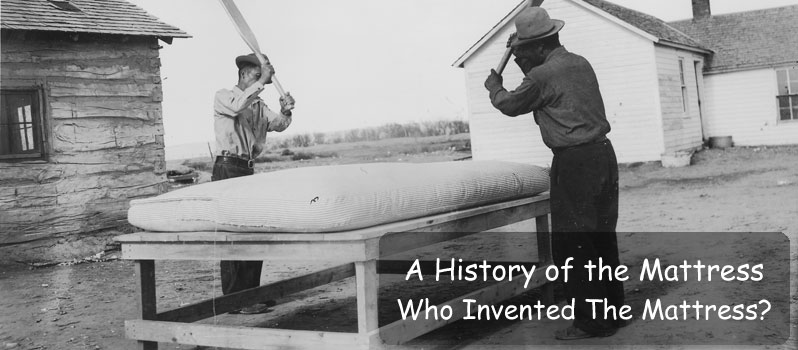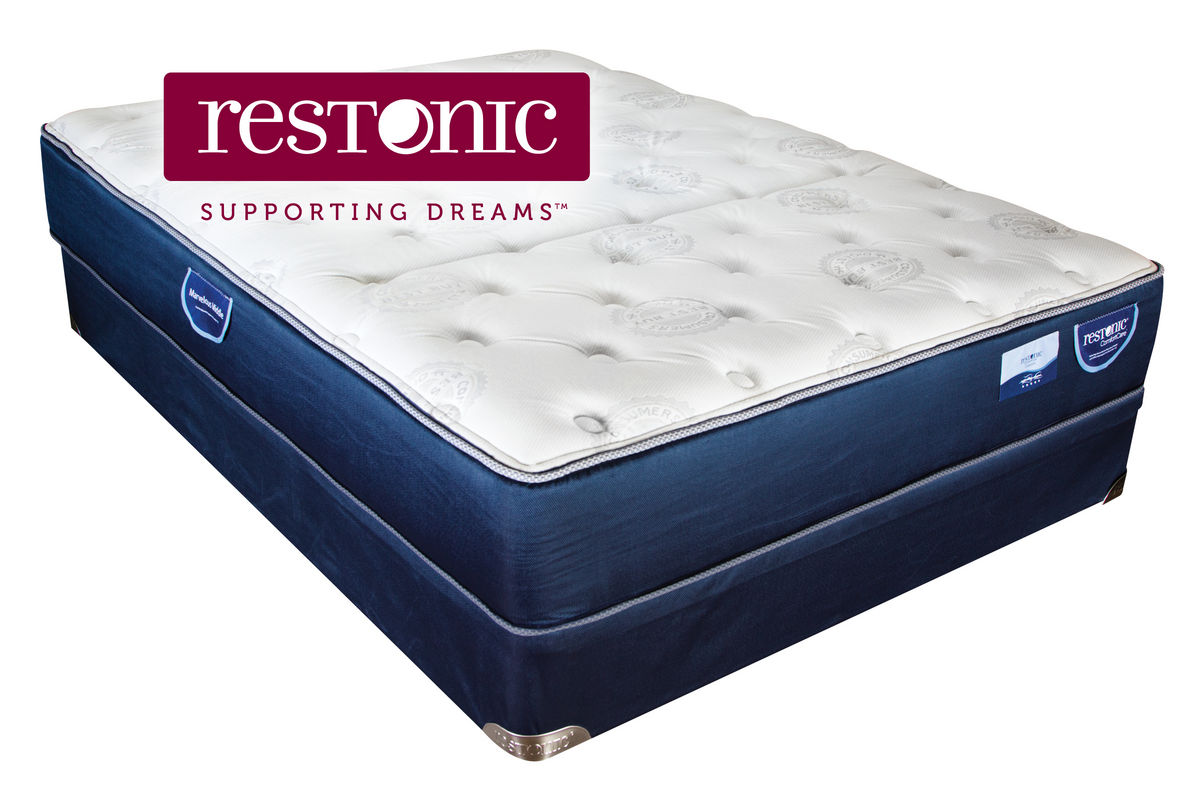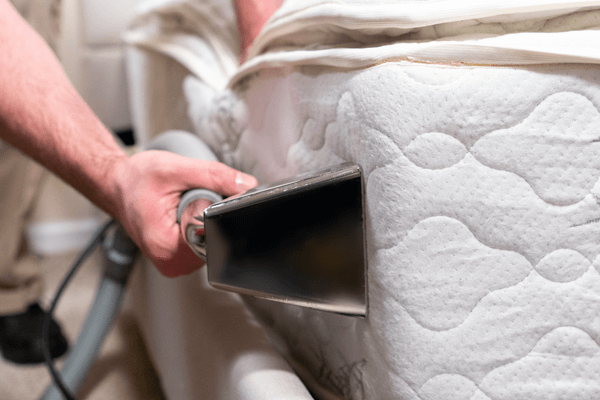When we think of sleeping, the first thing that comes to mind is a soft, cushiony mattress. However, did you know that sleeping without a mattress can actually have numerous benefits for your health and well-being? Improved Posture: Sleeping on a mattress can often lead to poor posture and back pain. By sleeping on a firmer surface without a mattress, your body is forced to align itself properly, improving your overall posture. Better Sleep: Many people who have switched from sleeping on a mattress to sleeping on a firmer surface have reported better quality sleep. This is because the lack of a soft mattress allows for more support and less pressure on the body. Cost Effective: Let's face it, mattresses can be expensive. By sleeping without a mattress, you can save money and still get a good night's sleep. Environmental Impact: Mattresses are often made with synthetic materials and can take up a lot of space in landfills. By sleeping without a mattress, you are reducing your environmental impact.Benefits of Sleeping Without a Mattress
Sleeping without a mattress may seem uncomfortable at first, but with the right techniques, you can sleep soundly without a mattress. Here are a few tips to help you get more comfortable with this alternative sleeping method: Invest in a Good Sleeping Surface: While you may not be using a traditional mattress, it's important to invest in a good sleeping surface. This can be a firm mattress topper, a futon, or even a camping mat. Use Pillows for Support: Pillows can provide extra support and comfort when sleeping without a mattress. Use them to support your neck, back, and any other areas that may need extra cushioning. Try Different Positions: When sleeping without a mattress, it's important to try different positions to find what works best for you. Some may find it more comfortable to sleep on their back, while others prefer sleeping on their side. Be Patient: It may take some time to adjust to sleeping without a mattress, so be patient with yourself. Give your body time to get used to the new sleeping surface and don't give up too quickly.How to Sleep Comfortably Without a Mattress
If you're not quite ready to completely ditch your mattress, there are some alternatives that can provide a similar sleeping experience: Futon: A futon is a great option for those looking for a firmer sleeping surface. It can also double as a couch during the day, making it a space-saving choice. Camping Mat: A camping mat can provide a firm and supportive surface for sleeping, and it's also portable for those who may travel frequently. Thick Blankets or Comforters: Layering thick blankets or comforters can create a makeshift mattress that is both comfortable and supportive.Alternatives to Sleeping on a Mattress
Many people wonder if sleeping without a mattress is actually good for their health. While it may not be for everyone, there are some potential health benefits to consider: Improved Circulation: Sleeping on a firmer surface without a mattress can improve circulation, as there is less pressure on the body and blood flow can circulate more freely. Reduced Allergens: Mattresses can harbor dust mites and other allergens, which can cause discomfort and irritation. Sleeping without a mattress can reduce exposure to these allergens. Reduced Back Pain: Many people who suffer from back pain find relief by sleeping on a firmer surface without a mattress. This is because the body is able to align itself properly, reducing strain on the back. While there is no definitive answer on whether sleeping without a mattress is better for your health, many people have reported positive changes in their overall well-being after making the switch.Is Sleeping Without a Mattress Good for Your Health?
If you're having trouble adjusting to sleeping without a mattress, incorporating some exercises into your daily routine can help. These exercises can help strengthen your body and make sleeping on a firmer surface more comfortable: Planks: Planks are a great way to strengthen your core, which can help with back pain and improve posture when sleeping without a mattress. Yoga: Practicing yoga can help improve flexibility and relieve tension in the body, making it easier to adjust to sleeping without a mattress. Back Extensions: Back extensions can help strengthen the muscles in your back, which can provide better support when sleeping on a firmer surface.Exercises to Help You Sleep Without a Mattress
If you're feeling crafty, you can make your own mattress for sleeping without having to spend a lot of money. Here's how: Gather Materials: You'll need a sturdy base, such as a wooden platform or pallets, and a firm material to use as the sleeping surface, such as foam or thick blankets. Measure and Cut: Measure the base and cut the material to fit. If using foam, you may need to layer it for added support. Secure the Material: Use a staple gun or heavy-duty tape to secure the material to the base, making sure it is taut and even. Add Bedding: Once the material is secured, add your bedding such as sheets and blankets, and you now have a DIY mattress for sleeping!How to Make a DIY Mattress for Sleeping
Sleeping on the floor without a mattress may not be for everyone, but if you're considering making the switch, here are some tips to make it more comfortable: Choose the Right Surface: When sleeping on the floor, it's important to find a surface that is clean, flat, and supportive. Avoid sleeping directly on hardwood or tile floors. Use a Sleeping Bag: A sleeping bag can provide extra padding and insulation when sleeping on the floor. You can also add pillows or blankets for added comfort. Try Different Positions: As mentioned before, different positions may feel more comfortable when sleeping without a mattress. Experiment to find what works best for you. Keep it Clean: Make sure to regularly clean and air out your sleeping area to avoid any buildup of dust or allergens.Tips for Sleeping on the Floor Without a Mattress
While sleeping without a mattress may not be the norm, there are some reasons why people choose this alternative sleeping method: Back Pain Relief: As previously mentioned, many people find relief from back pain by sleeping on a firmer surface without a mattress. Cultural or Religious Traditions: In some cultures, sleeping on the floor is considered to be healthier and more beneficial for the body. Personal Preference: Some people simply find sleeping without a mattress to be more comfortable and have been doing so for years.Why Some People Choose to Sleep Without a Mattress
If you're interested in trying out sleeping without a mattress, it's important to ease into it to give your body time to adjust. Here's how: Start Slowly: Begin by sleeping on a firmer surface, such as a futon or thick blankets, for a few nights and gradually remove more cushioning until you are sleeping without a mattress. Listen to Your Body: Pay attention to any discomfort or pain and make adjustments as needed. It may take some trial and error to find the right sleeping surface for you. Be Patient: As mentioned before, it may take some time to get used to sleeping without a mattress. Be patient and give your body time to adjust.How to Transition to Sleeping Without a Mattress
Sleeping without a mattress is not a new concept. In fact, it has been practiced for centuries in different cultures around the world. In ancient times, people slept on hard surfaces such as the ground or woven mats, and it wasn't until the 16th century that mattresses became more common in Europe. Even today, many cultures still practice sleeping without a mattress, citing health benefits and personal preference as reasons for doing so. While sleeping without a mattress may not be for everyone, it's worth considering the potential benefits and giving it a try. With the right techniques and adjustments, you may find that sleeping without a mattress can improve your sleep and overall well-being. So, why not give it a try and see for yourself?The History of Sleeping Without a Mattress
The Benefits of Sleeping Without a Mattress
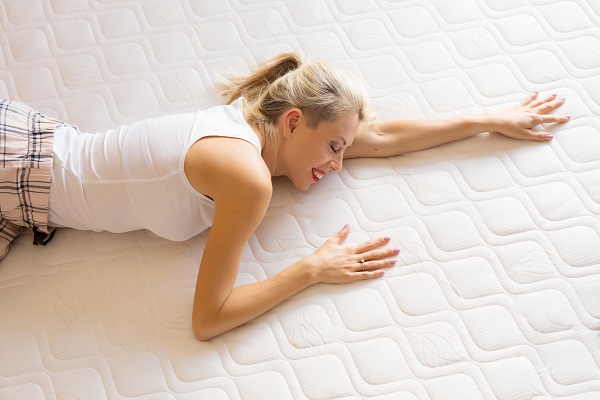
Introduction
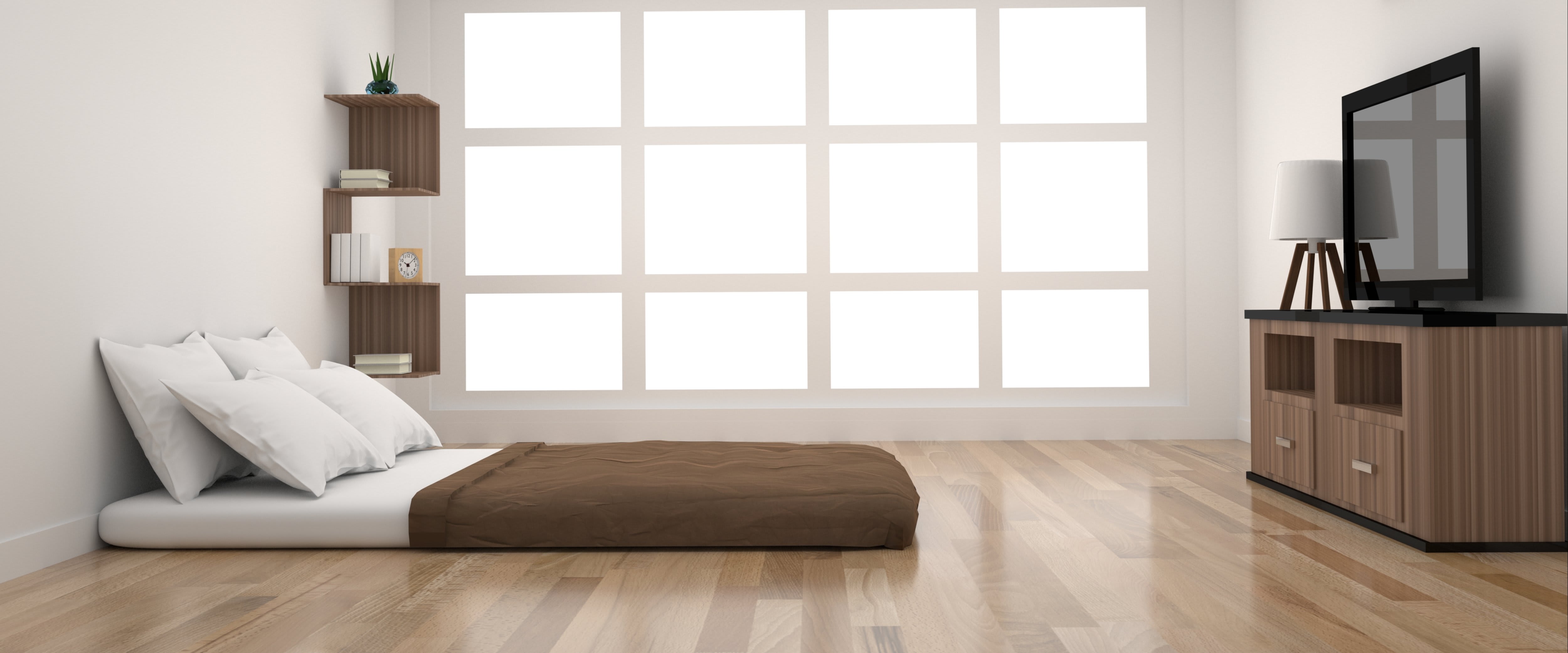 When it comes to designing our homes, we often focus on creating a comfortable and inviting space. We invest in the best furniture, the softest linens, and the coziest mattresses. But have you ever considered sleeping without a mattress? While it may sound unconventional, there are actually several benefits to ditching the traditional mattress and opting for a more natural sleeping surface.
When it comes to designing our homes, we often focus on creating a comfortable and inviting space. We invest in the best furniture, the softest linens, and the coziest mattresses. But have you ever considered sleeping without a mattress? While it may sound unconventional, there are actually several benefits to ditching the traditional mattress and opting for a more natural sleeping surface.
Improved Posture
 One of the main benefits of sleeping without a mattress is improved posture. Traditional mattresses often provide too much cushioning, causing our bodies to sink in and put strain on our neck, back, and hips. This can lead to poor posture and even chronic pain over time. Sleeping on a firmer surface, such as a thin layer of padding or a futon, encourages proper spinal alignment and can help alleviate any discomfort or tension in the body.
One of the main benefits of sleeping without a mattress is improved posture. Traditional mattresses often provide too much cushioning, causing our bodies to sink in and put strain on our neck, back, and hips. This can lead to poor posture and even chronic pain over time. Sleeping on a firmer surface, such as a thin layer of padding or a futon, encourages proper spinal alignment and can help alleviate any discomfort or tension in the body.
Better Circulation
Reduced Allergies
 Traditional mattresses can also be a breeding ground for dust mites, bacteria, and other allergens. These can trigger allergies and respiratory issues, leading to a poor night's sleep. By sleeping without a mattress, you eliminate the accumulation of these irritants and create a cleaner and healthier sleeping environment.
Traditional mattresses can also be a breeding ground for dust mites, bacteria, and other allergens. These can trigger allergies and respiratory issues, leading to a poor night's sleep. By sleeping without a mattress, you eliminate the accumulation of these irritants and create a cleaner and healthier sleeping environment.
Cost-Effective
 Not only are mattresses a significant investment, but they also need to be replaced every 7-10 years. By sleeping without a mattress, you can save money in the long run and reduce waste. Additionally, without the need for a bulky mattress, you can opt for a more minimalist and eco-friendly bedroom design.
Not only are mattresses a significant investment, but they also need to be replaced every 7-10 years. By sleeping without a mattress, you can save money in the long run and reduce waste. Additionally, without the need for a bulky mattress, you can opt for a more minimalist and eco-friendly bedroom design.
Conclusion
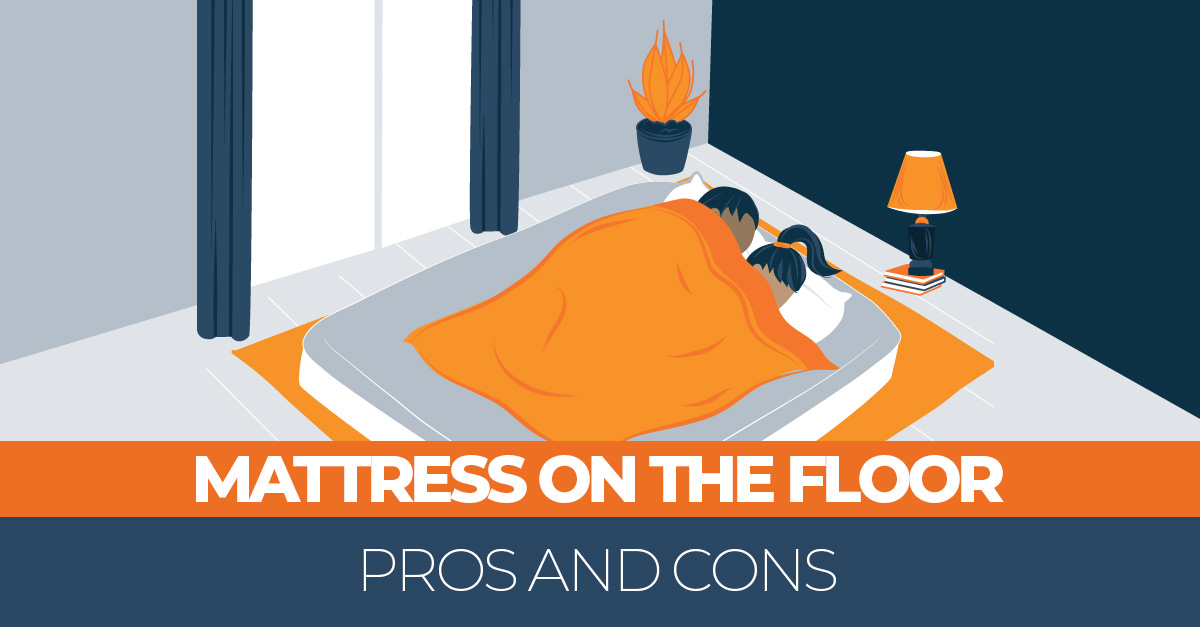 While it may seem unconventional, sleeping without a mattress has several benefits for our health, comfort, and budget. It may not be for everyone, but it's worth considering as an alternative to the traditional mattress. So next time you're designing your bedroom, don't be afraid to think outside the box and explore the possibility of sleeping without a mattress. Your body and your wallet will thank you.
While it may seem unconventional, sleeping without a mattress has several benefits for our health, comfort, and budget. It may not be for everyone, but it's worth considering as an alternative to the traditional mattress. So next time you're designing your bedroom, don't be afraid to think outside the box and explore the possibility of sleeping without a mattress. Your body and your wallet will thank you.




